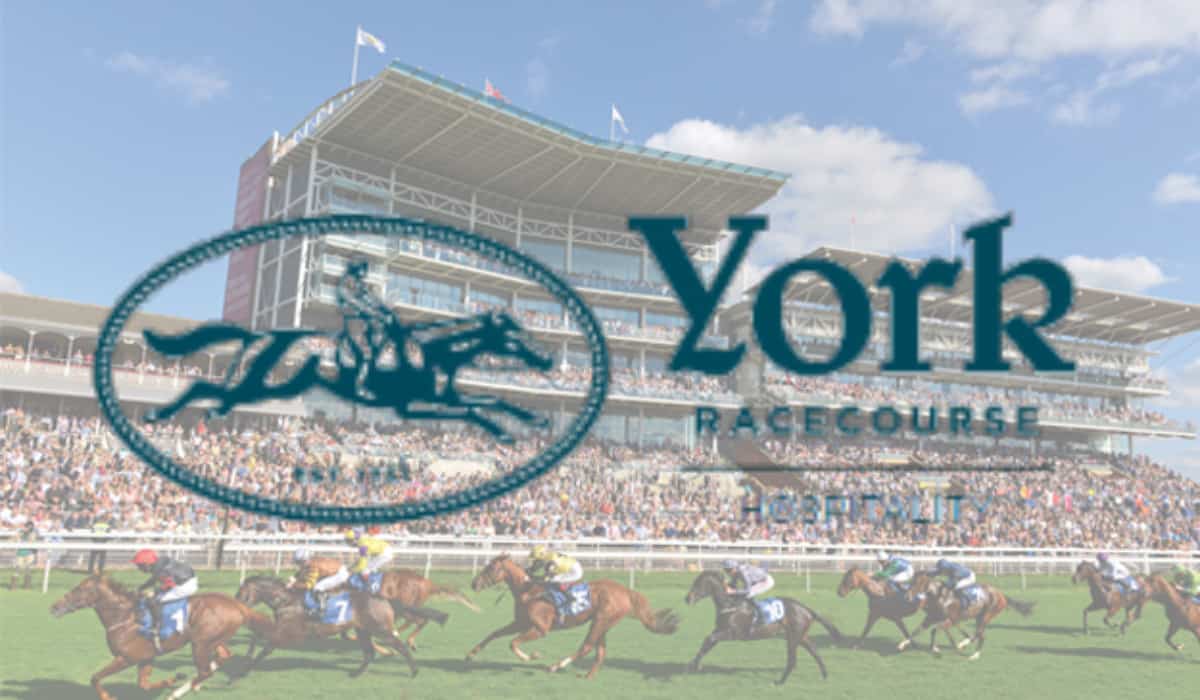Left-handed racecourses have a long history in the UK, with some of the most famous tracks following this layout.
Left-handed racecourses refer to racetracks where horses run anticlockwise, opposite to the right-handed tracks.
It is believed that left-handed tracks favour different running styles and can influence the outcome of races.
History of Left-Handed Racecourses in the UK
The history of left-handed racecourses in the UK dates back to the early days of horse racing, where the tradition of running in an anticlockwise direction was established.
The design of left-handed courses has had a significant impact on strategic considerations for jockeys and trainers, influencing race tactics and the overall dynamics of each event.
Famous Left-Handed Racecourses in the UK
Some of the most renowned left-handed racecourses in the UK include Aintree, Cheltenham, Epsom.
Aintree Racecourse
Aintree Racecourse, located in Liverpool, England, is a prominent left-handed track known for hosting the prestigious Grand National steeplechase event.
With a rich history dating back to its opening in 1829, Aintree Racecourse has become a landmark in the world of horse racing. The iconic Grand National, which started in 1839, has solidified Aintree’s reputation as a top venue for such events. Not only does the racecourse attract top horses and jockeys from around the globe, but it also captures the hearts of millions of spectators annually with its thrilling and challenging course layout.
The unique fences, including the infamous Becher’s Brook and The Chair, add an element of danger and excitement to the races, making the Grand National an unforgettable experience for both participants and viewers alike. Aintree’s legacy extends beyond the races themselves, as it has contributed significantly to the growth and popularity of steeplechase racing worldwide.
Cheltenham Racecourse
Cheltenham Racecourse, situated in Gloucestershire, England, is a renowned left-handed track famous for the Cheltenham Festival, a prestigious event in the National Hunt racing calendar.
Nestled in the heart of the Cotswolds, Cheltenham Racecourse boasts a rich history dating back to 1815, making it one of the oldest and most respected racing venues in the United Kingdom. The unique undulating terrain and challenging course design provide an exhilarating experience for jockeys and spectators alike.
Known for its iconic Gold Cup race, the Festival draws the finest horses, trainers, and jockeys from around the world, creating a captivating atmosphere of competition and camaraderie. The four-day event in March is a mecca for racing enthusiasts, offering a spectacle of sport, culture, and tradition.
Epsom Downs Racecourse
Epsom Downs Racecourse in Surrey, England, is a well-known left-handed circuit that hosts the prestigious Epsom Derby, one of the most famous flat horse races globally.
The history of this iconic racecourse dates back to the 17th century when the first recorded race took place in 1661.
The Epsom Derby, often referred to simply as ‘The Derby,’ is part of the British Triple Crown series and holds a special place in the heart of horse racing fans worldwide.
Impact on Betting Strategies
Betting strategies on anti-clockwise racecourses differ due to the track orientation, layout nuances, and historical performance trends associated with specific tracks.
One key aspect to consider when betting at these courses is the challenge that comes with analysing past races to predict future outcomes. Many experienced bettors believe that the anti-clockwise direction of left-handed tracks can impact the performance of horses.
Frequently Asked Questions
What is a left handed racecourse?
A left handed racecourse is a track used for horse racing where horses run in a counter-clockwise direction.
How many left handed racecourses are there in the UK?
There are currently 24 left handed racecourses in the UK, making up the majority of racecourses in the country.
Are there any notable left handed racecourses in the UK?
Yes, some of the most famous left handed racecourses in the UK include Cheltenham and Aintree. These racecourses host some of the most prestigious horse racing events in the country.
Are left handed racecourses only used for horse racing?
No, left handed racecourses can also be used for other activities such as greyhound racing and motorsports. However, horse racing is the most popular and traditional use for these tracks.
Is there a difference in difficulty between left handed and right handed racecourses?
While some may argue that left handed racecourses are more challenging due to the direction of the track, it ultimately depends on the specific layout and features of each racecourse. Both left and right handed tracks can provide a fair and exciting race for competitors.
- Aintree Racecourse Guide
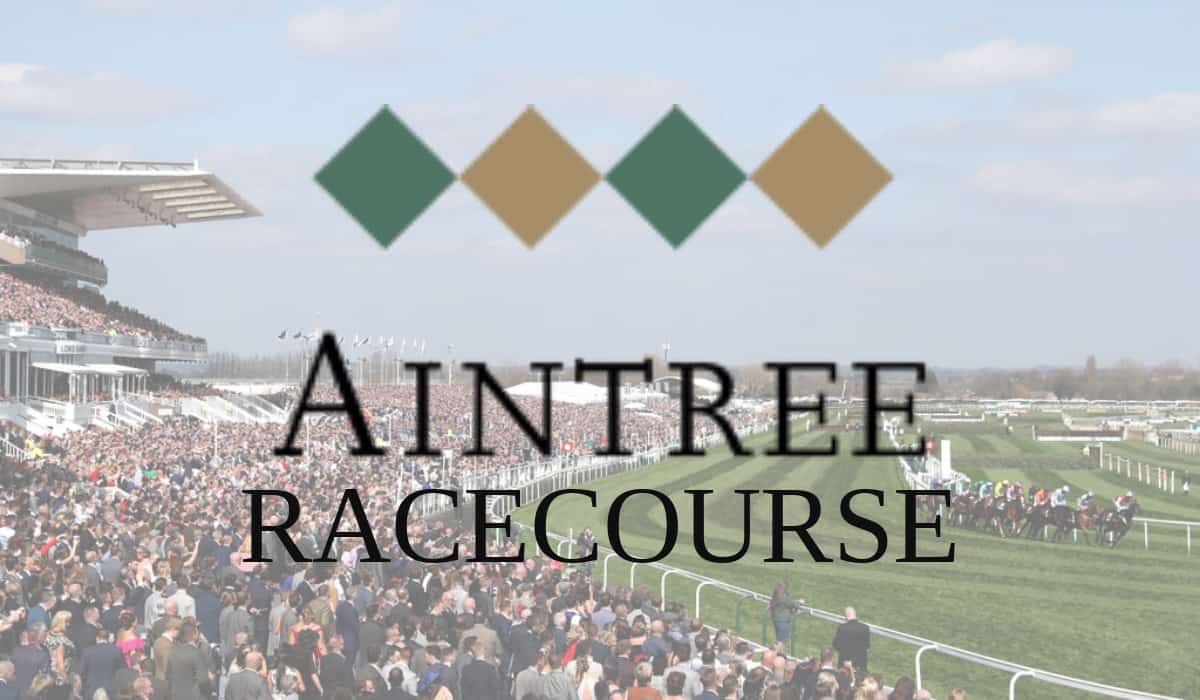
- Ayr Racecourse Guide
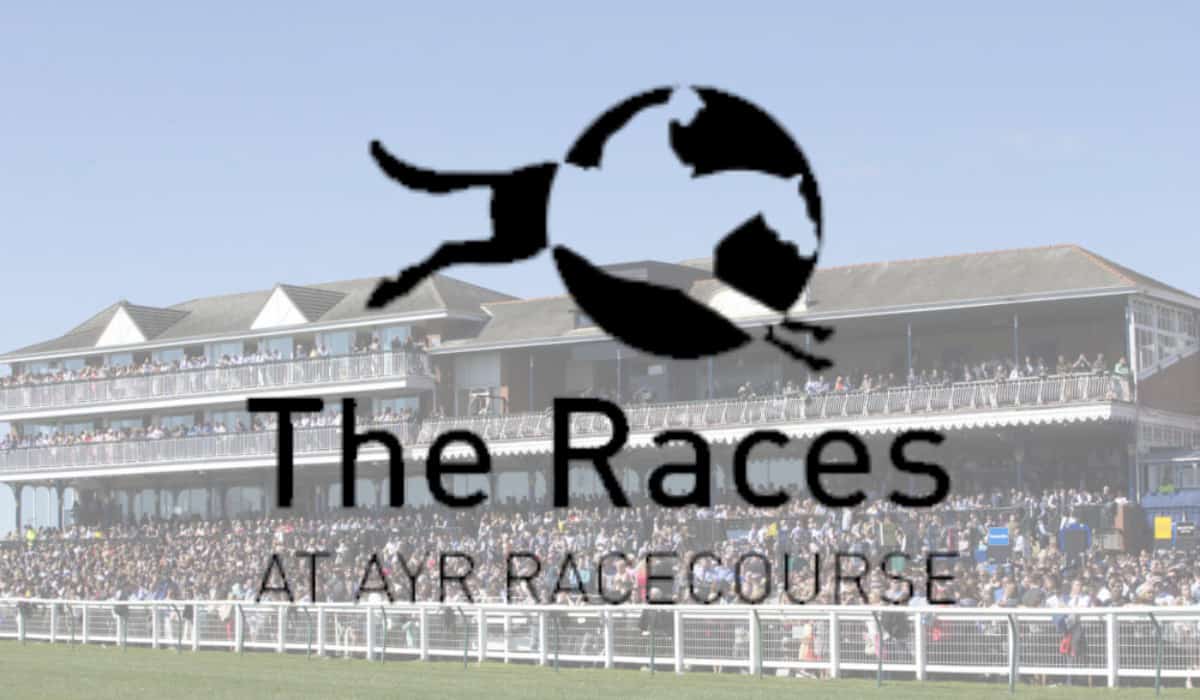
- Bangor on Dee Racecourse Guide
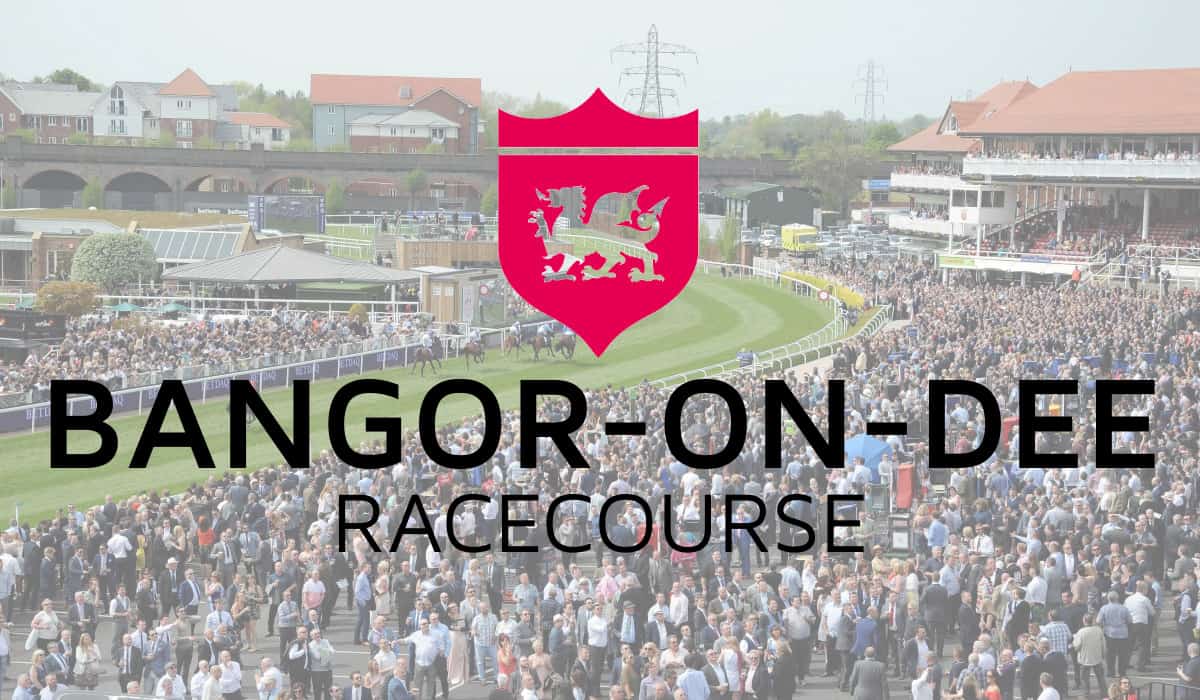
- Bath Racecourse Guide
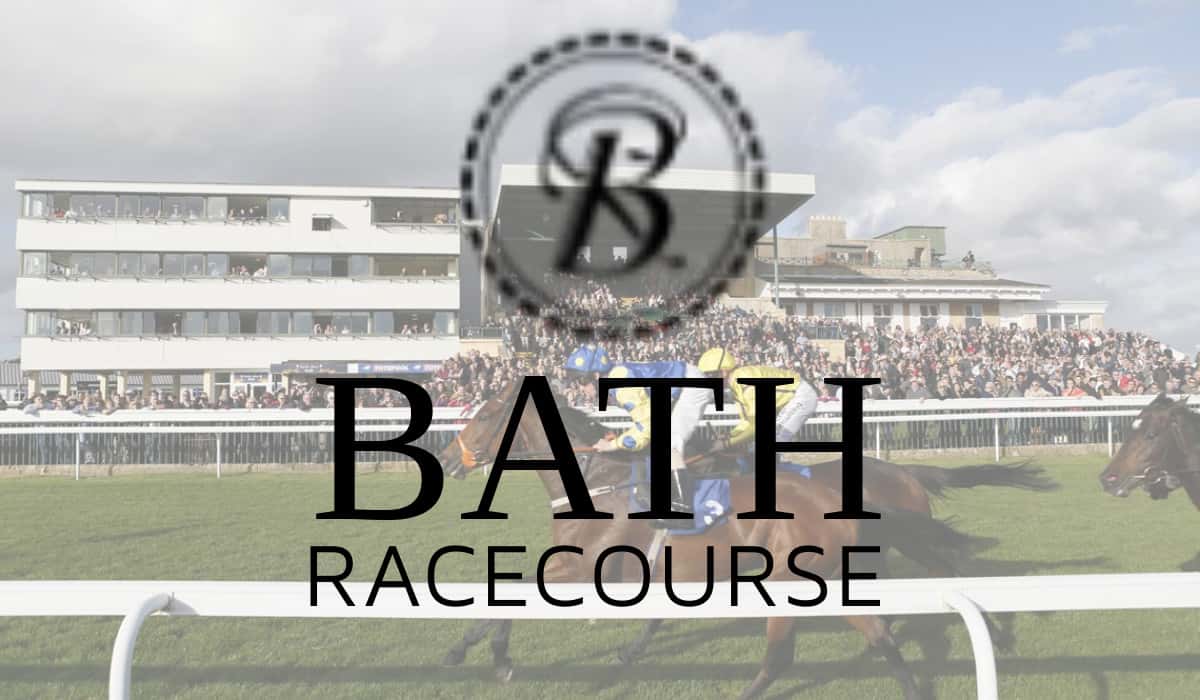
- Brighton Racecourse Guide
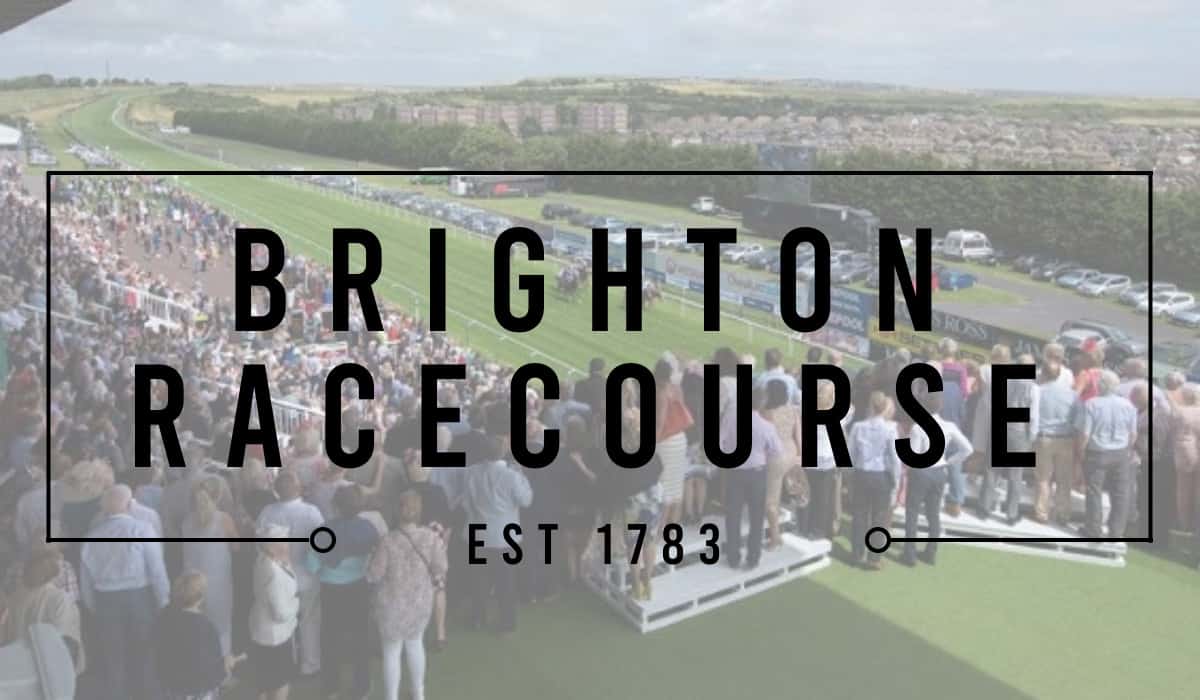
- Carlisle Racecourse Guide
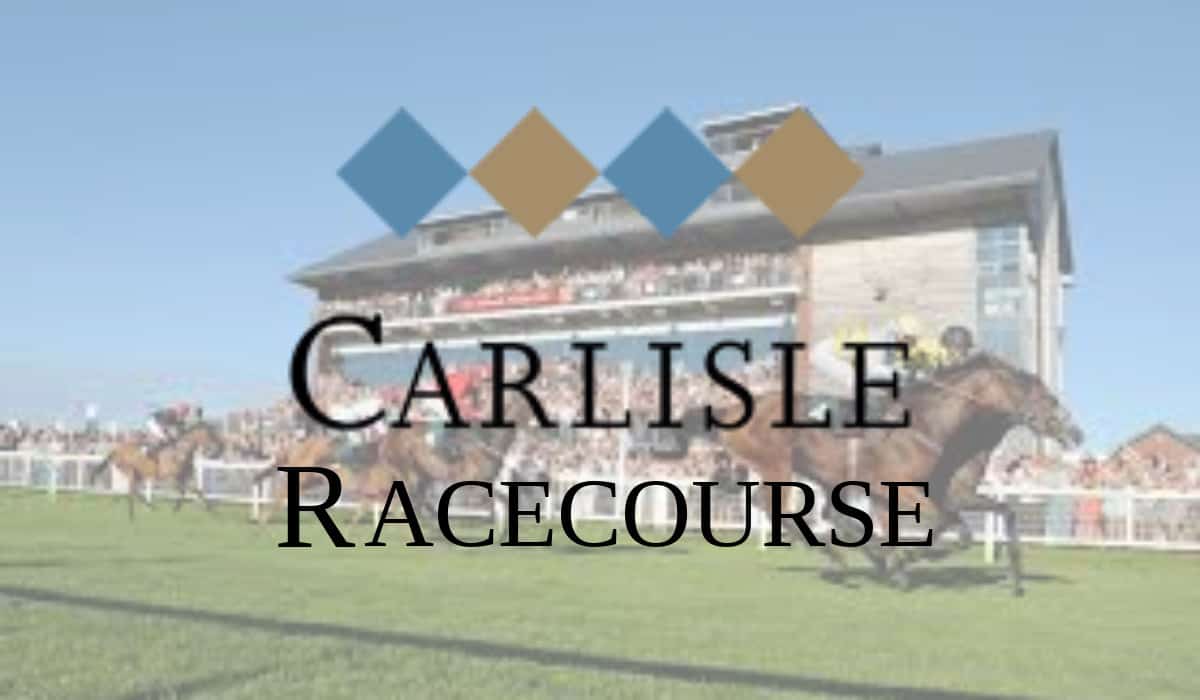
- Cartmel Racecourse Guide
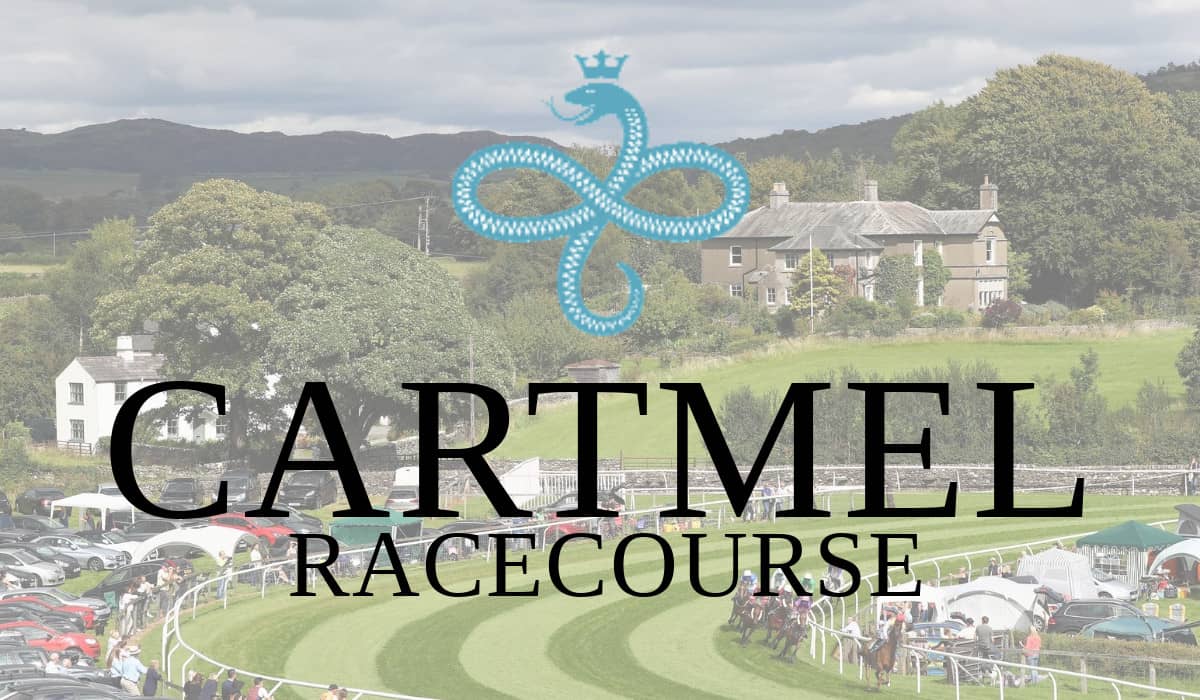
- Catterick Racecourse Guide
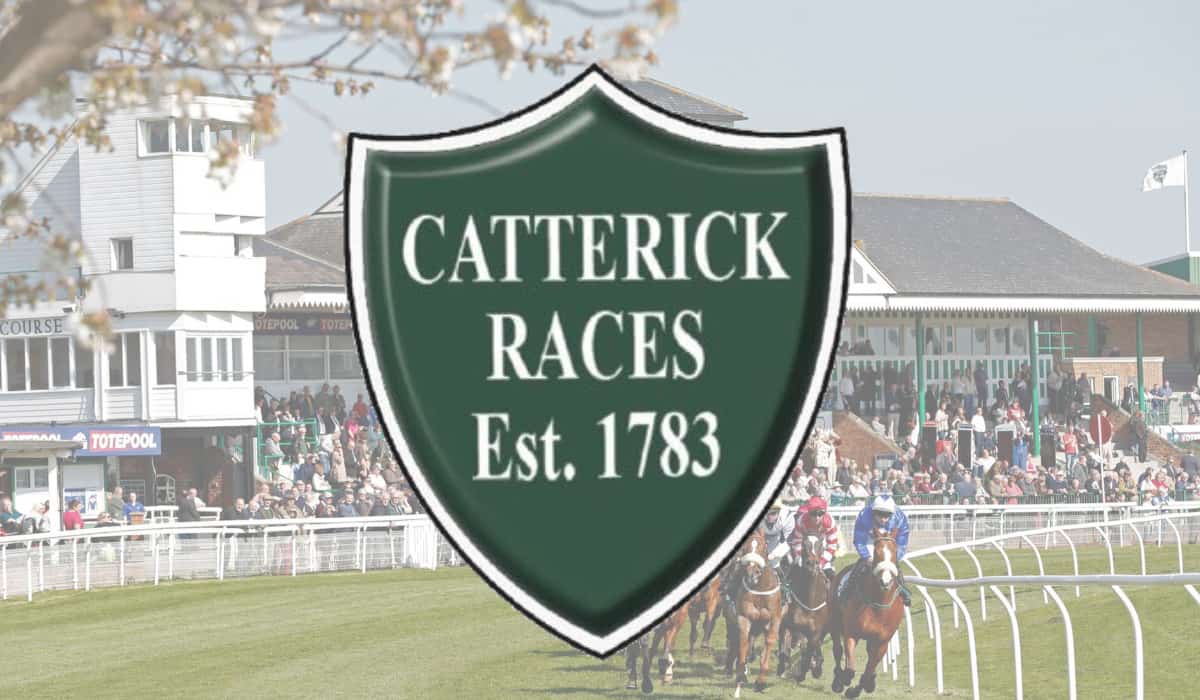
- Chelmsford City Racecourse
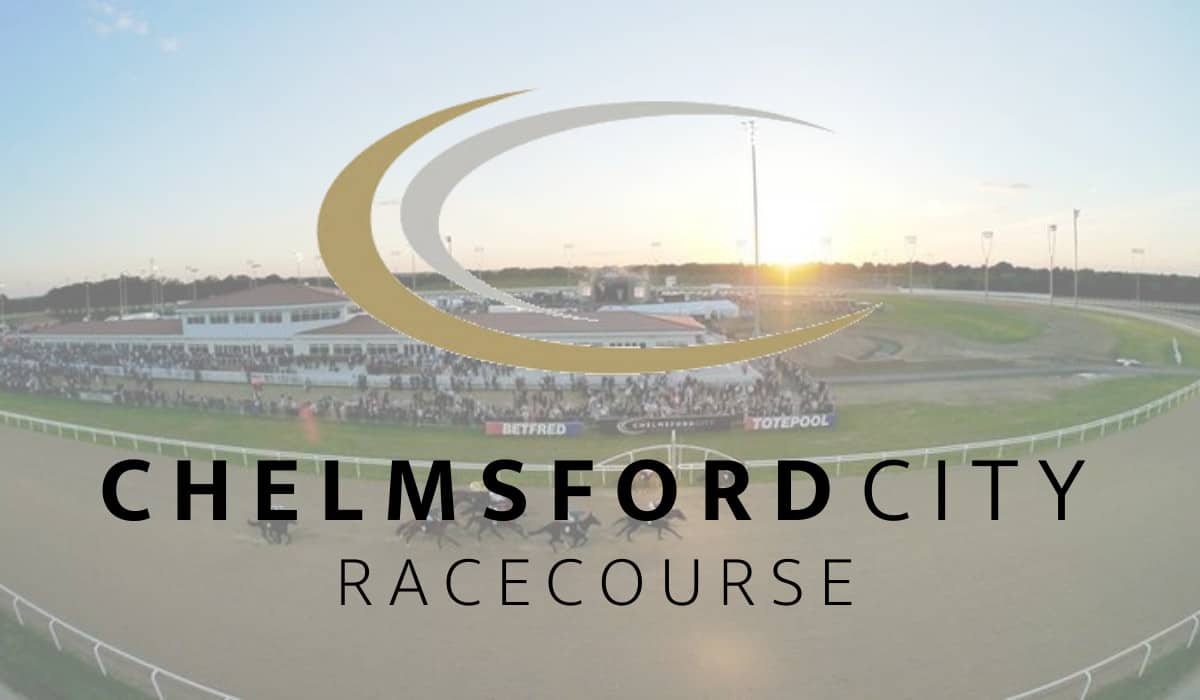
- Cheltenham Racecourse
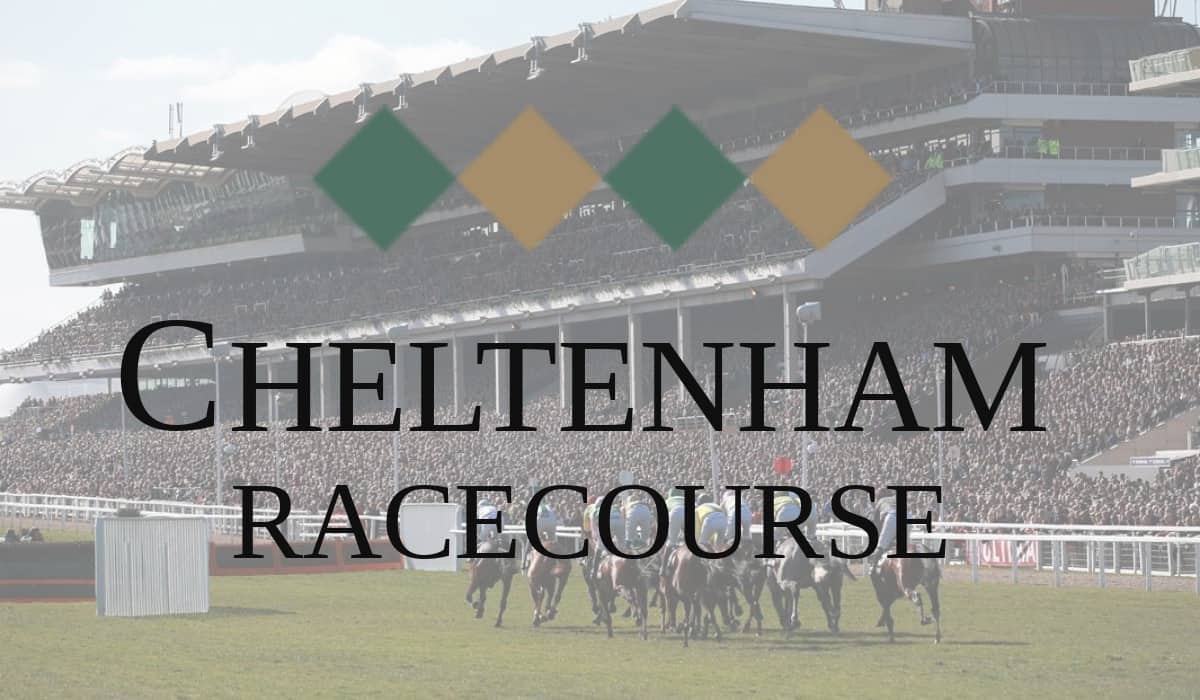
- Chepstow Racecourse
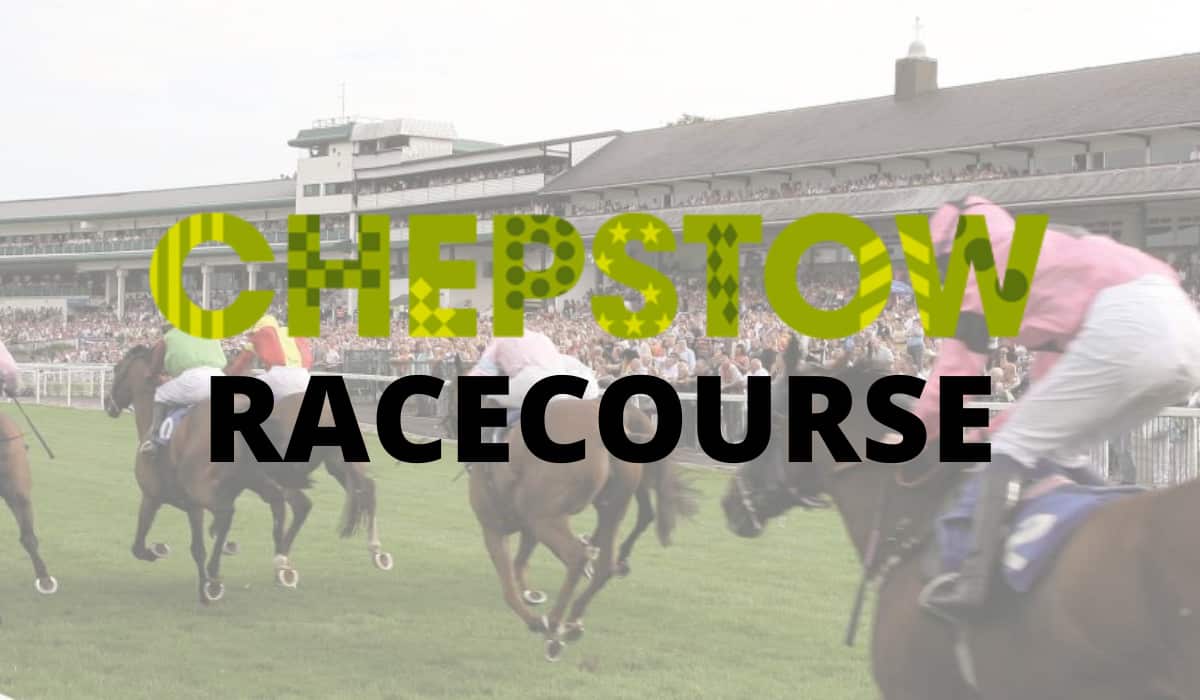
- Chester Racecourse
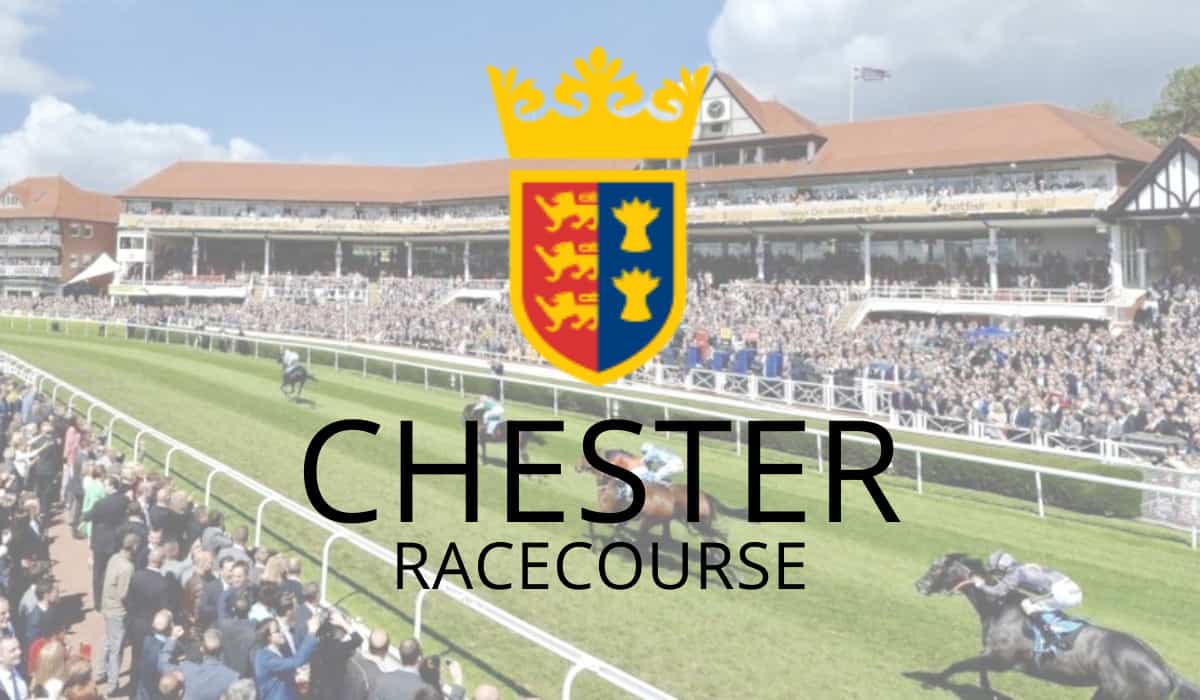
- Doncaster Racecourse
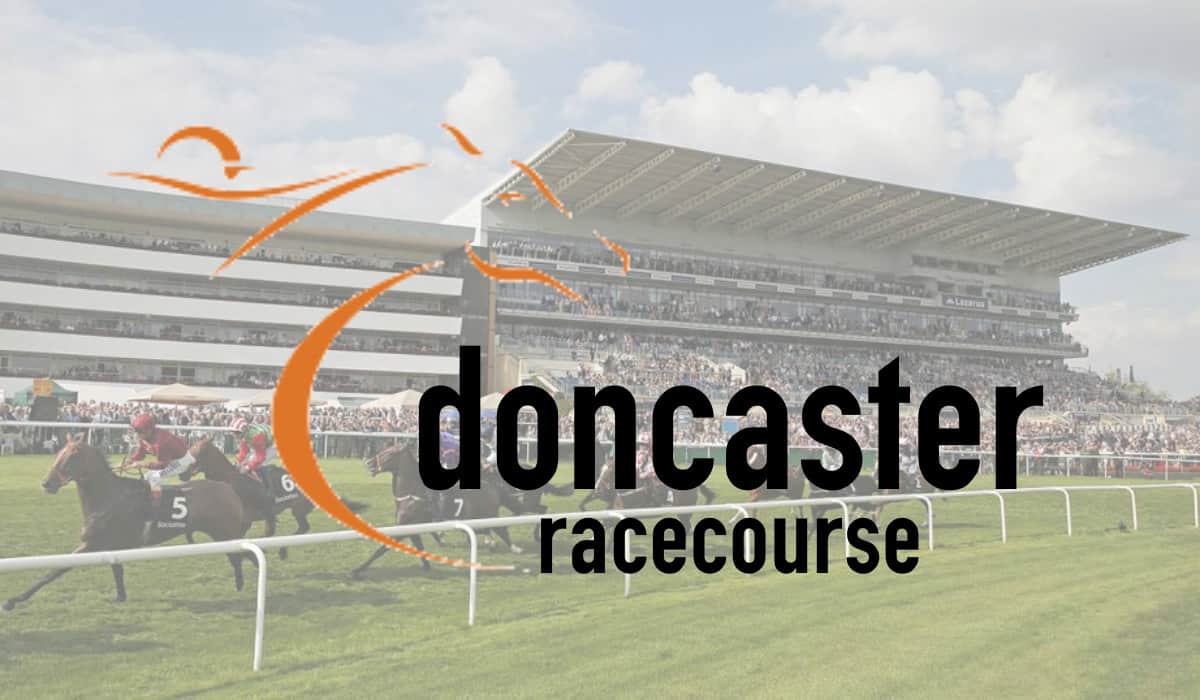
- Epsom Racecourse
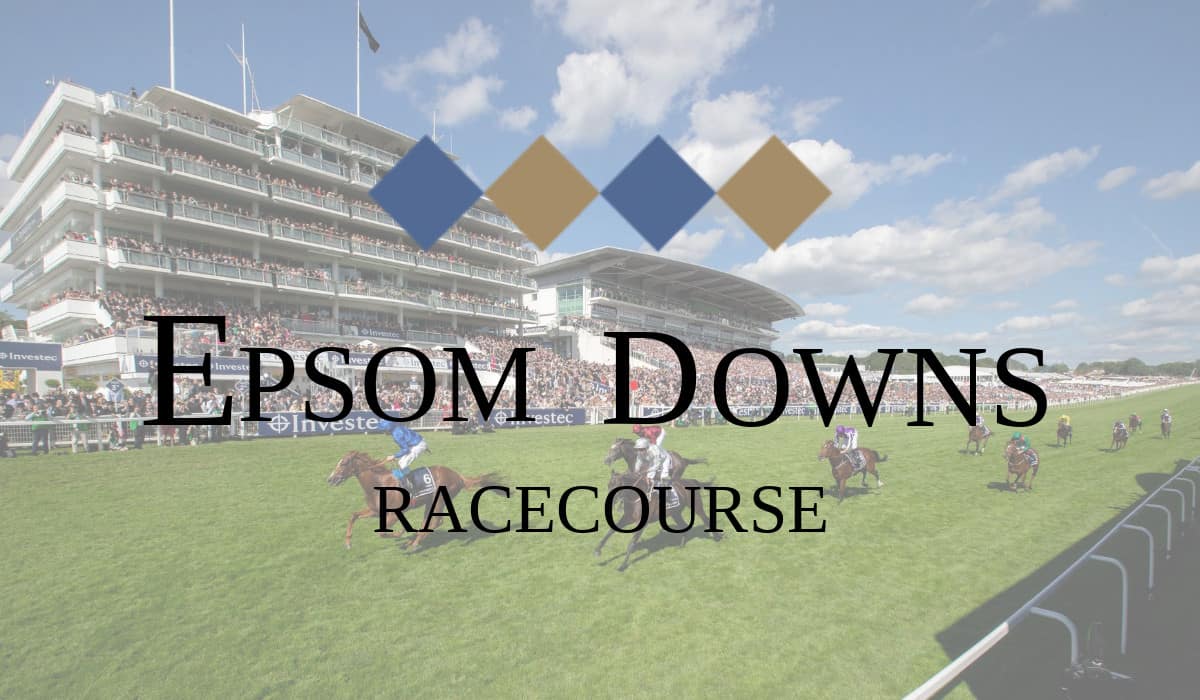
- Exeter Racecourse
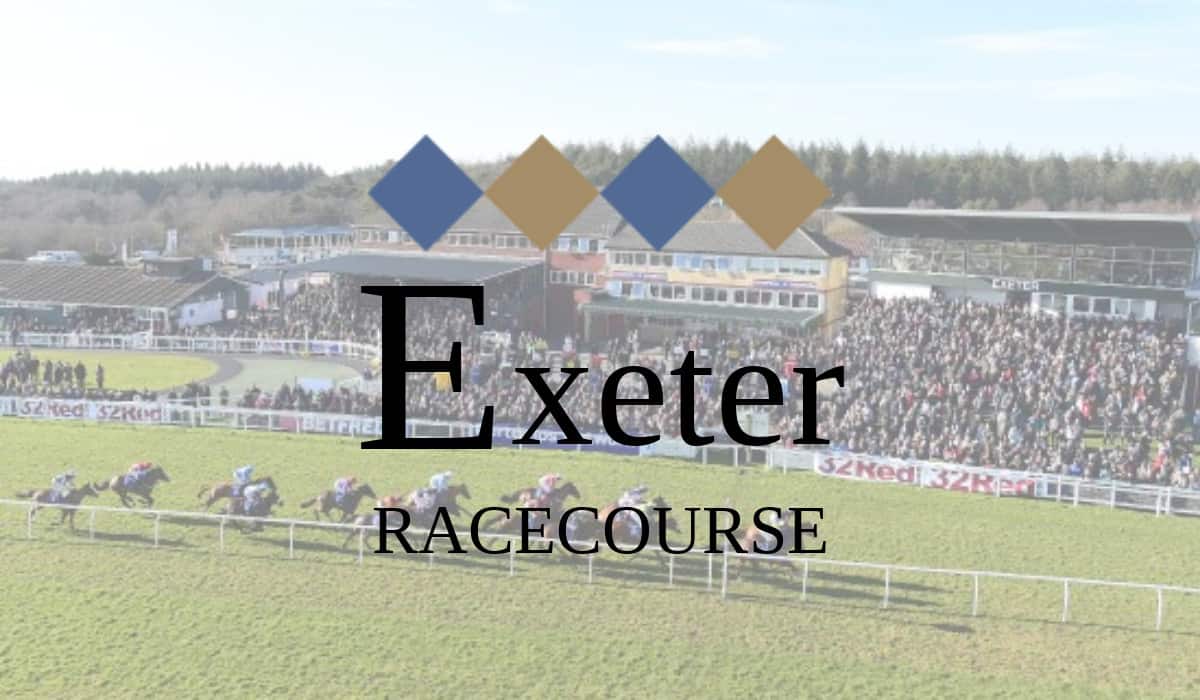
- Fakenham Racecourse
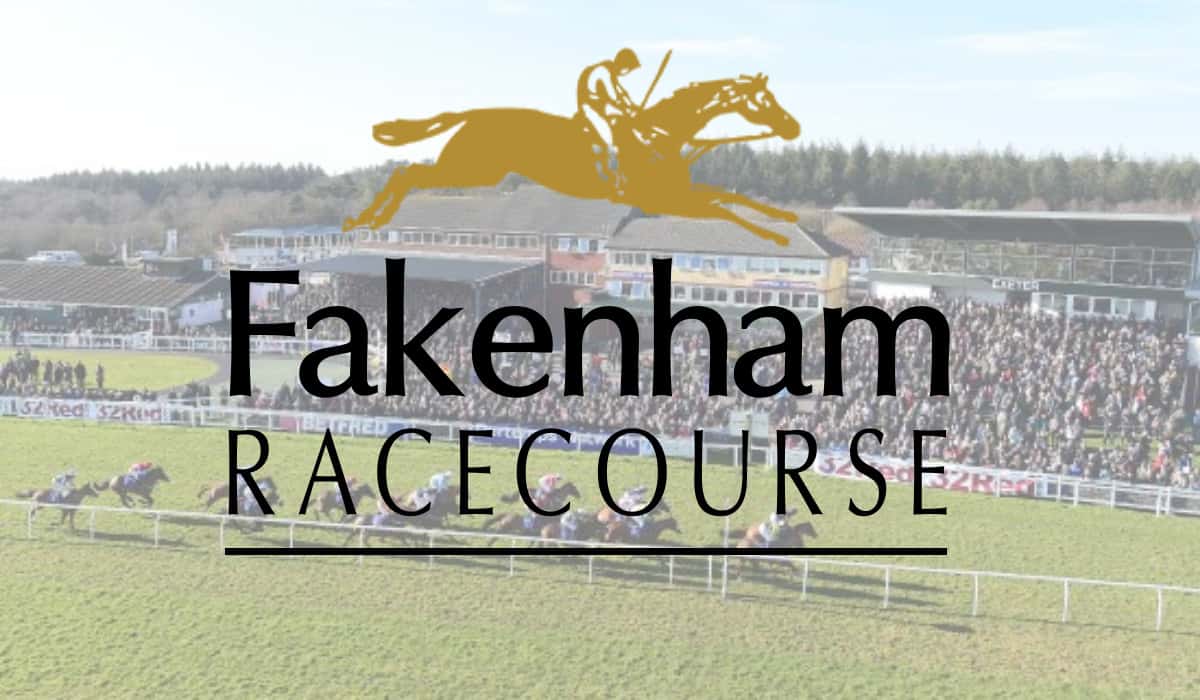
- Ffos Las Racecourse
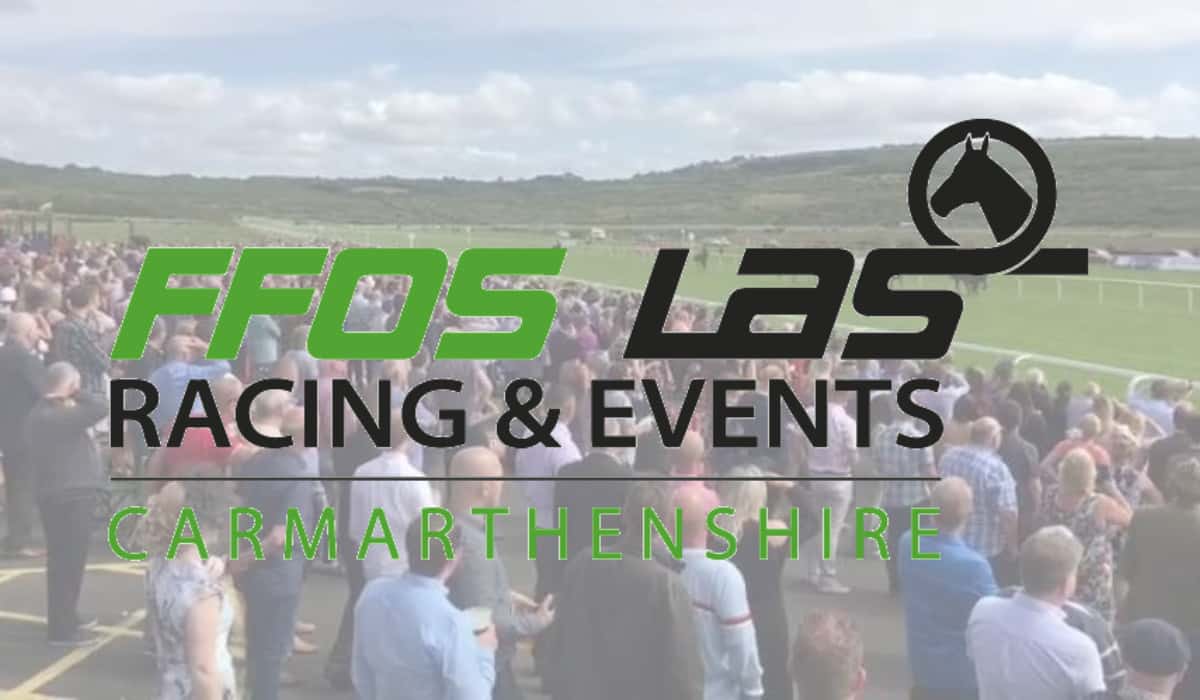
- Fontwell Racecourse
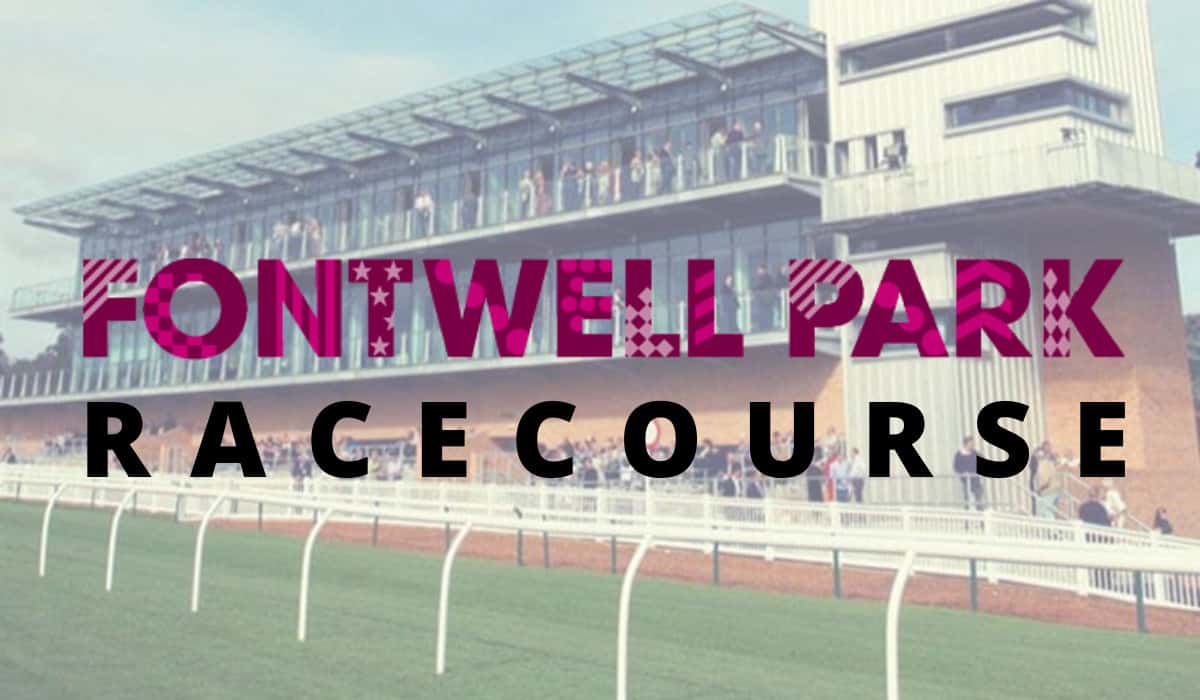
- Great Yarmouth Racecourse
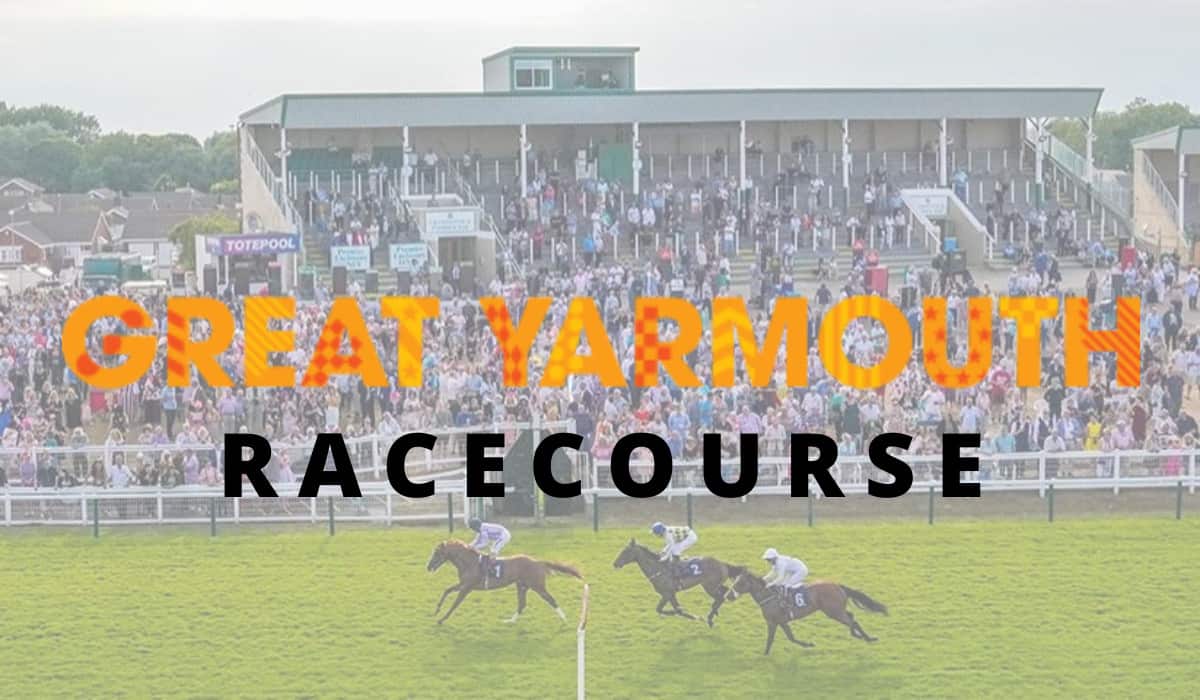
- Hamilton Racecourse
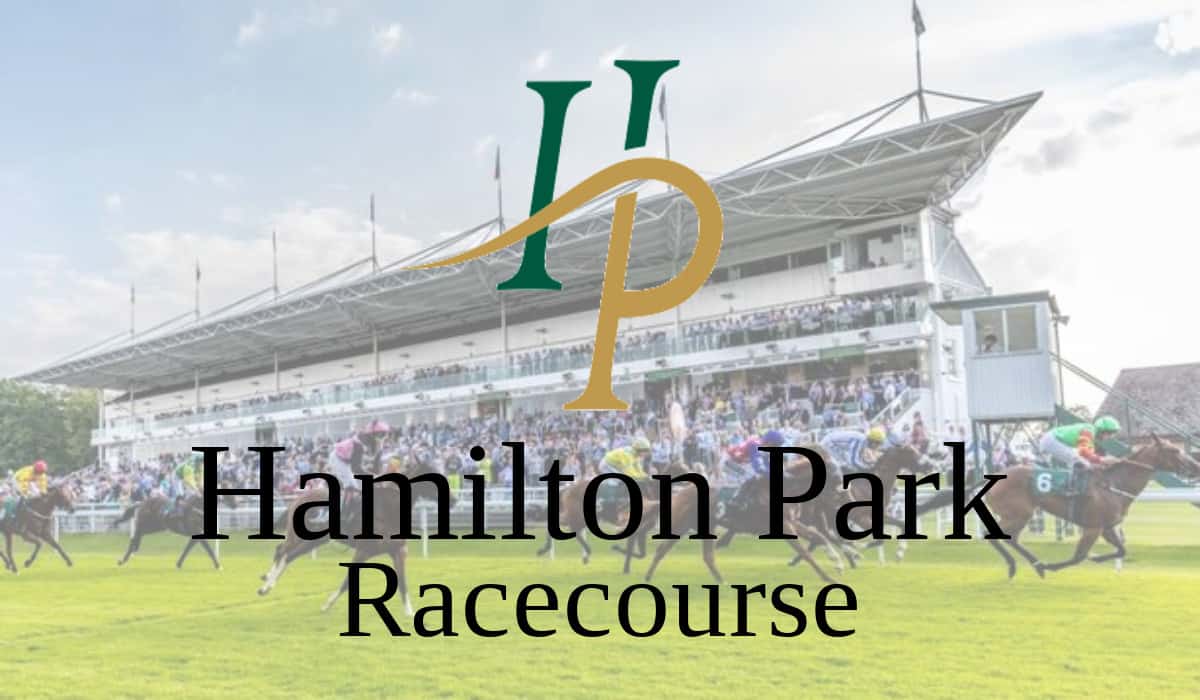
- Haydock Racecourse
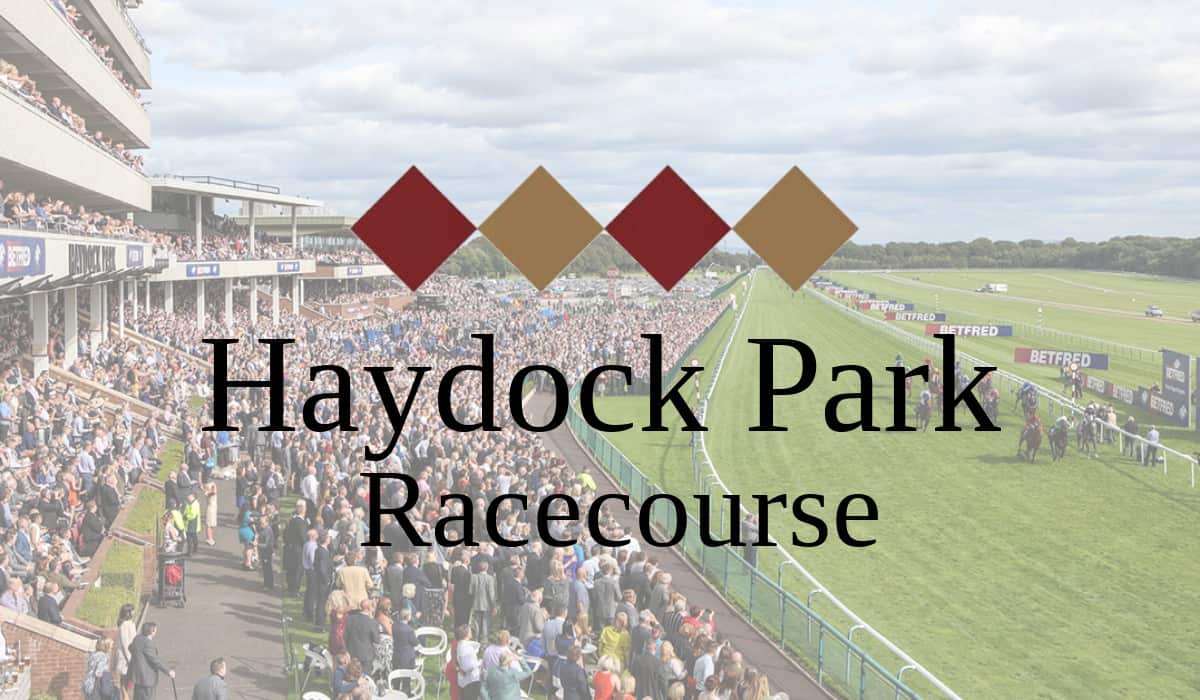
- Hereford Racecourse
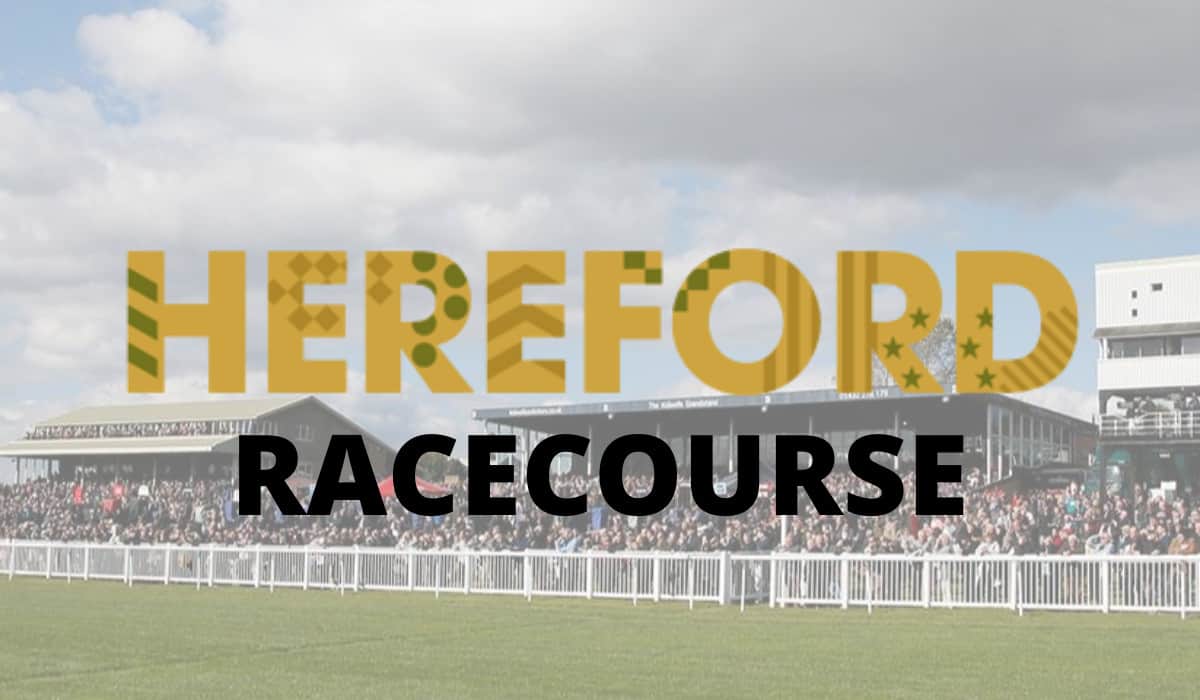
- Hexham Racecourse
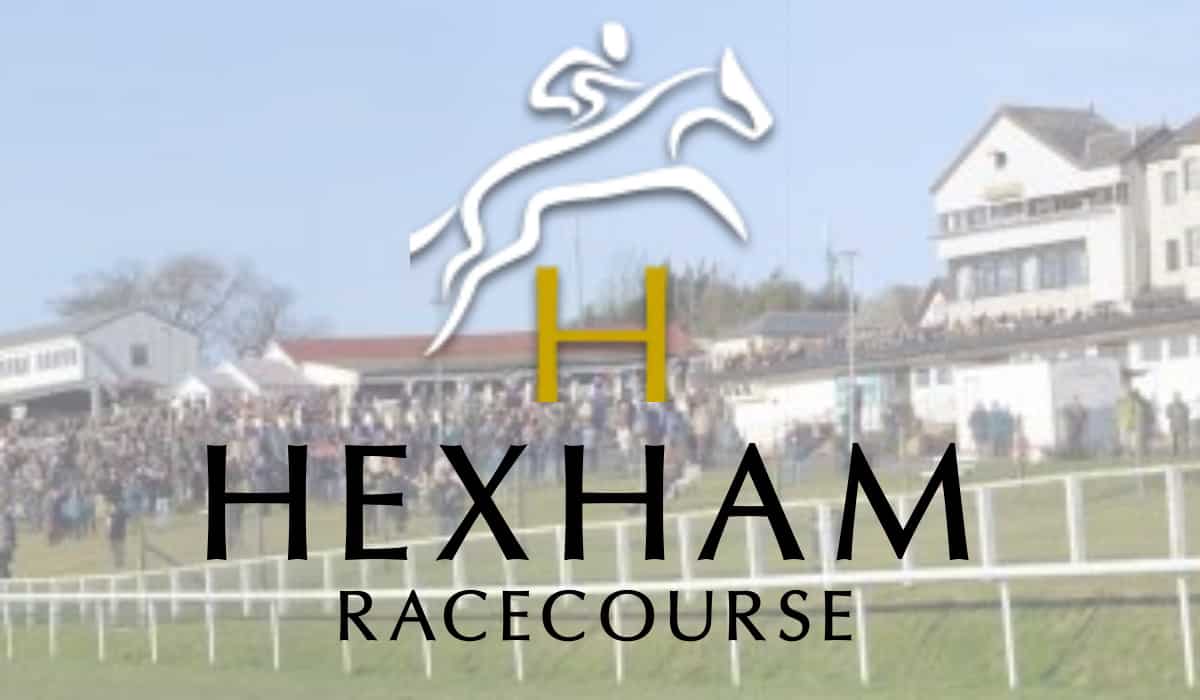
- Kelso Racecourse
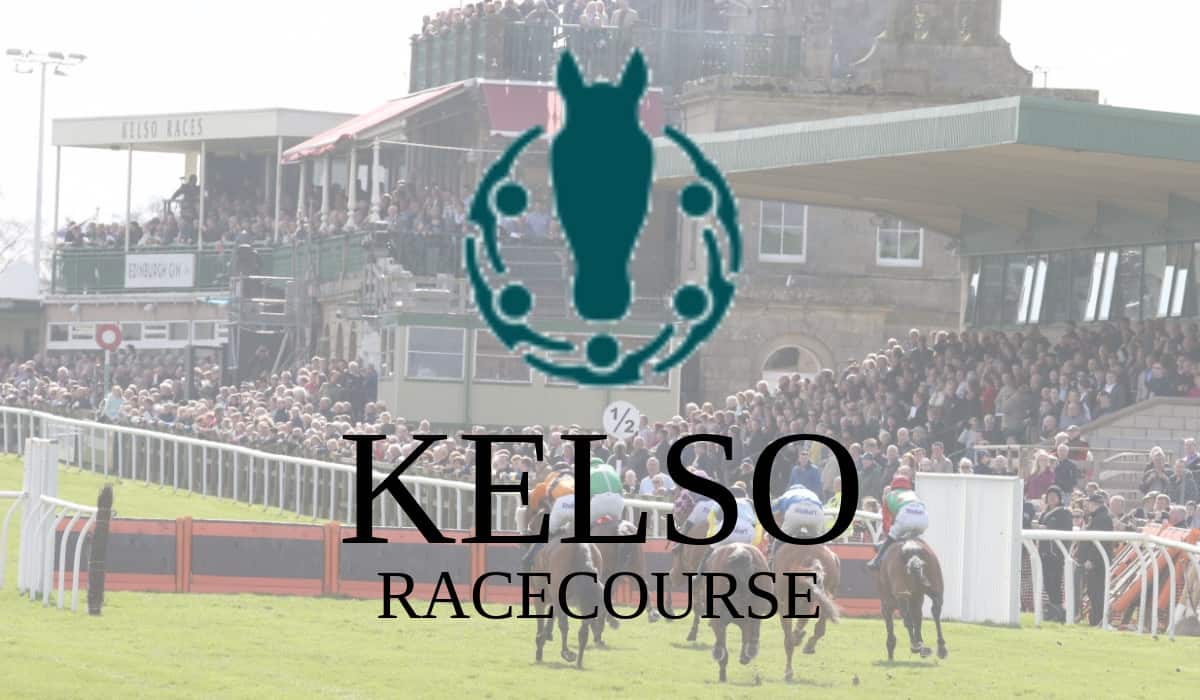
- Lingfield Racecourse
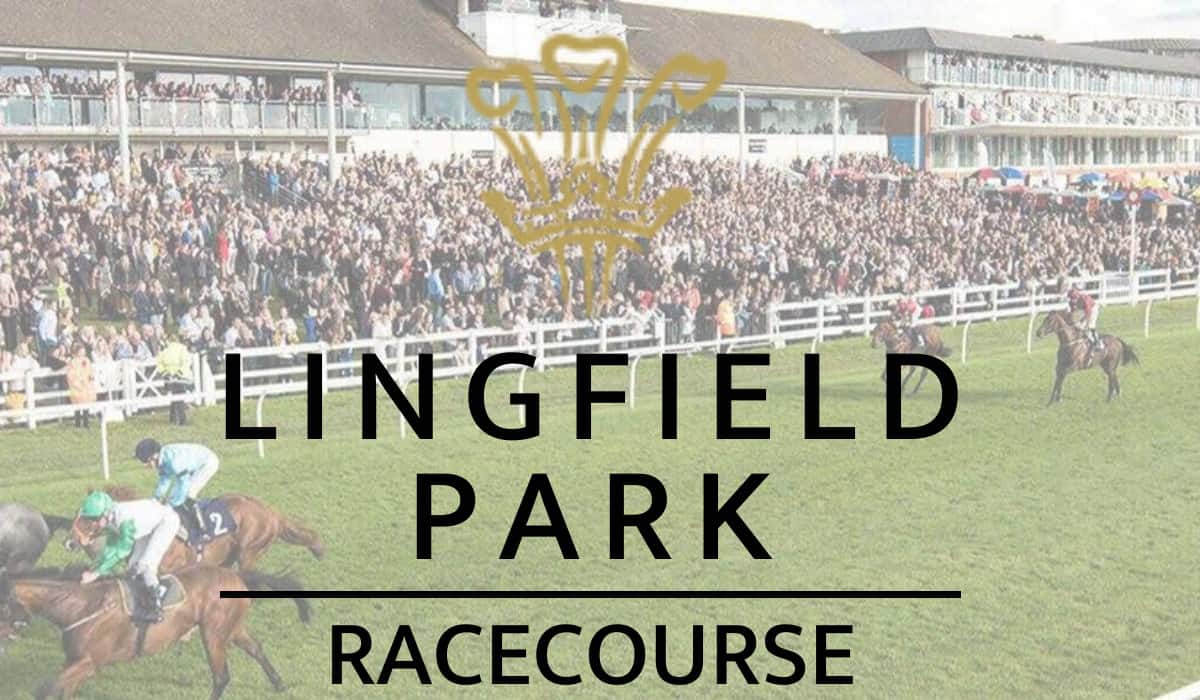
- Newbury Racecourse
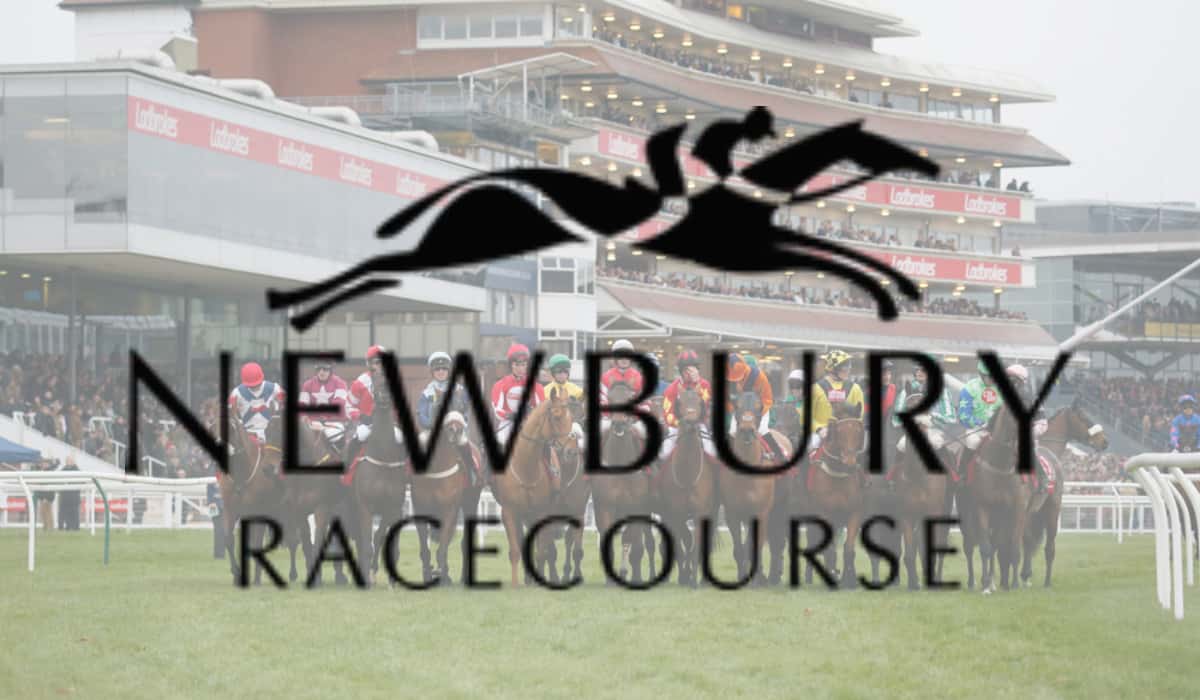
- Newcastle Racecourse
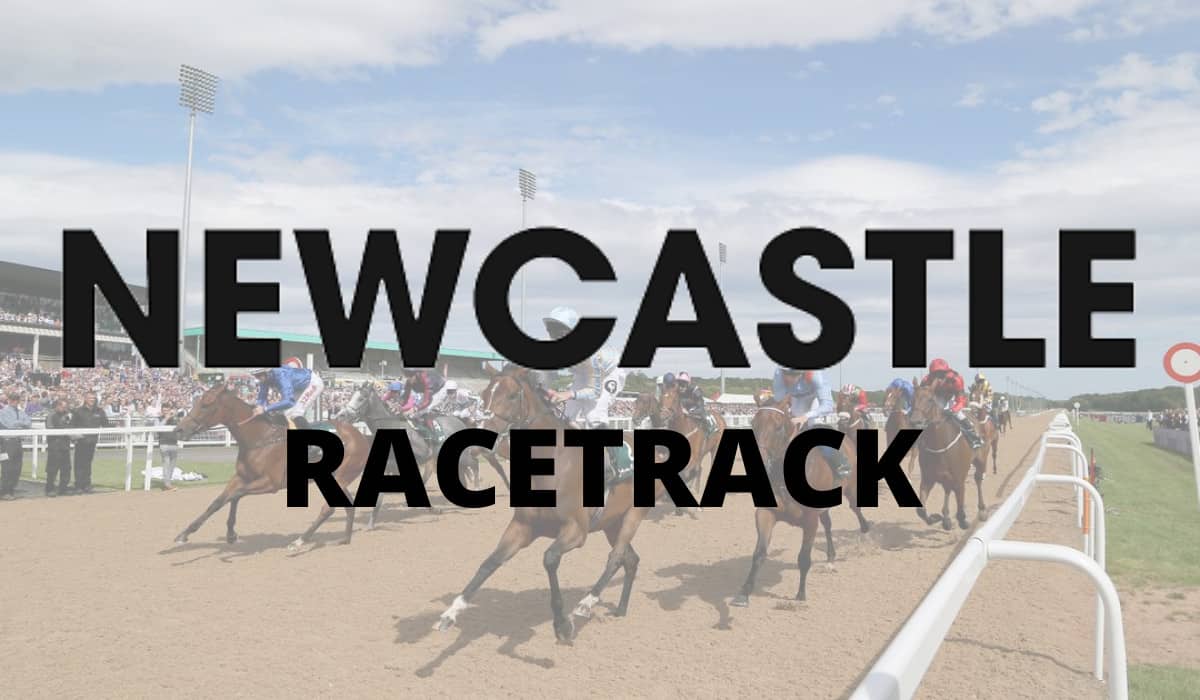
- Newton Abbot Racecourse
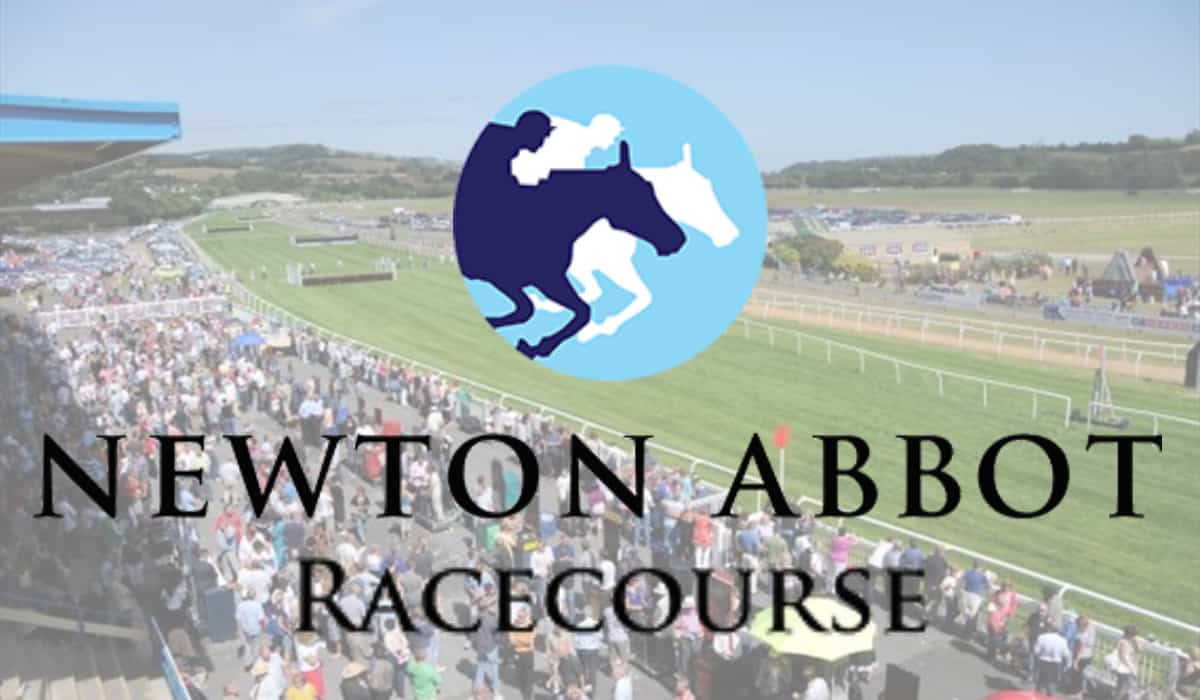
- Nottingham Racecourse
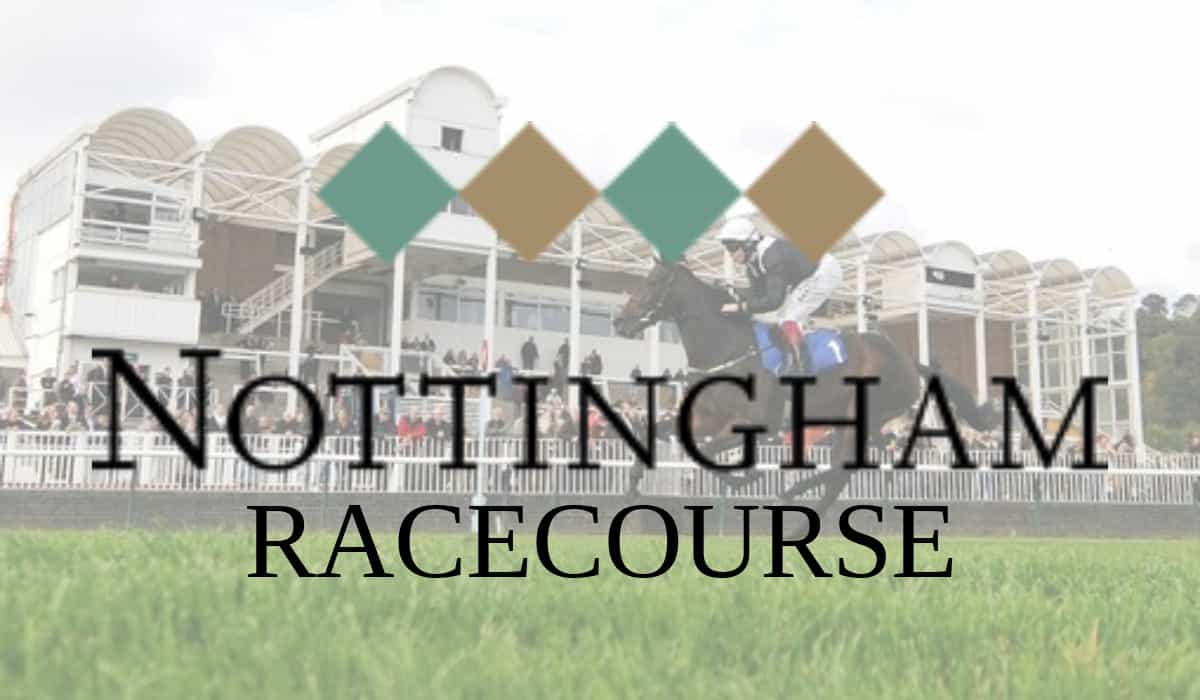
- Perth Racecourse
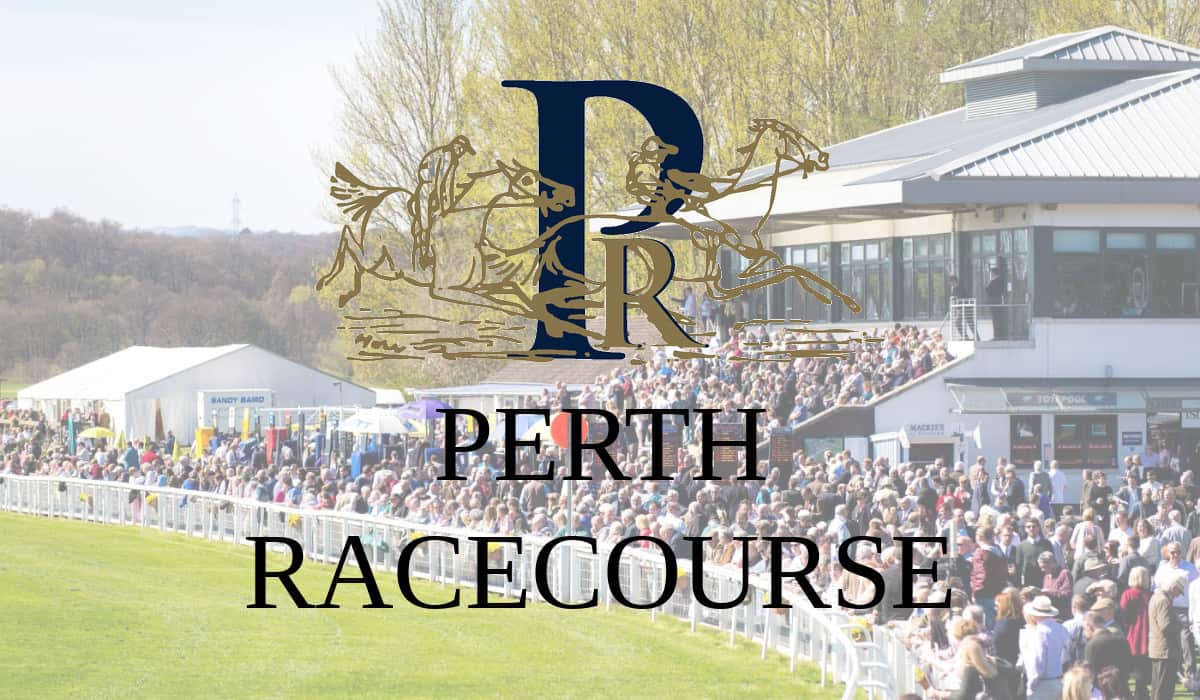
- Plumpton Racecourse
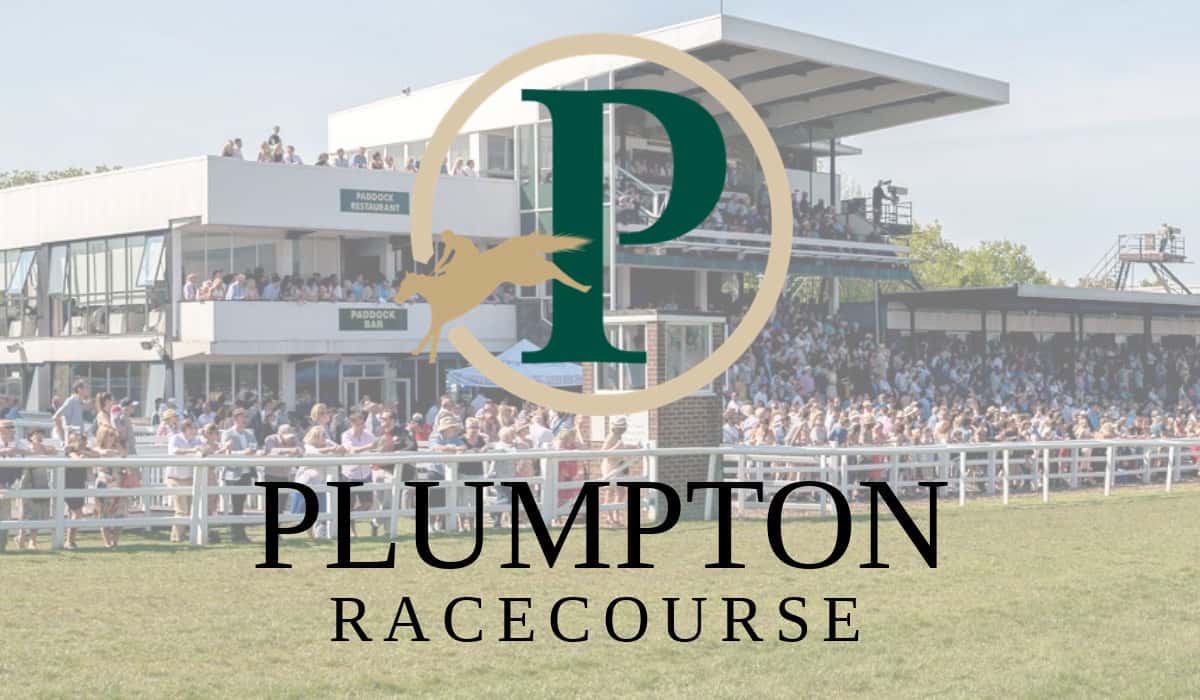
- Pontefract Racecourse
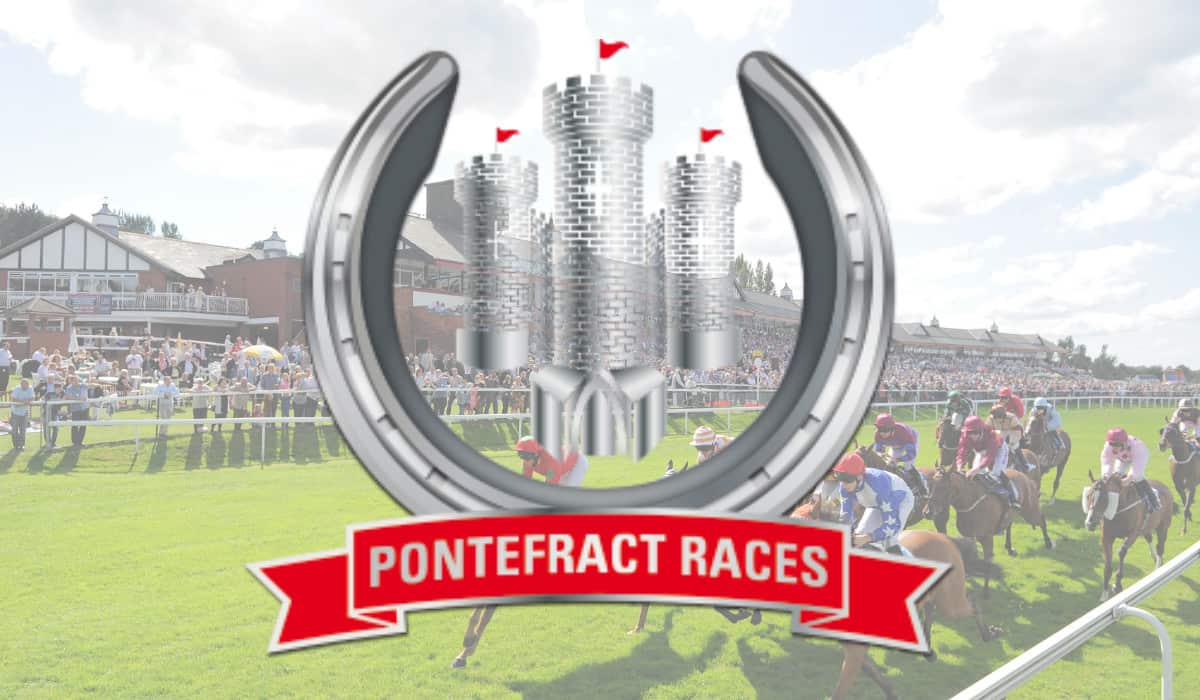
- Redcar Racecourse
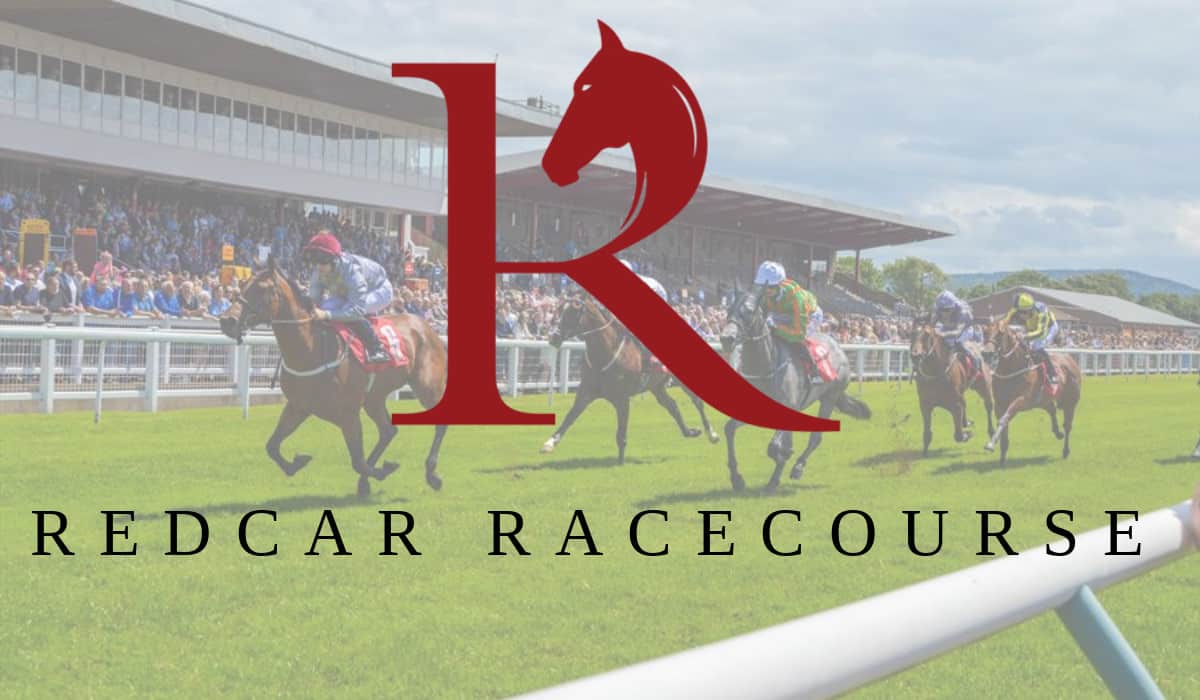
- Ripon Racecourse
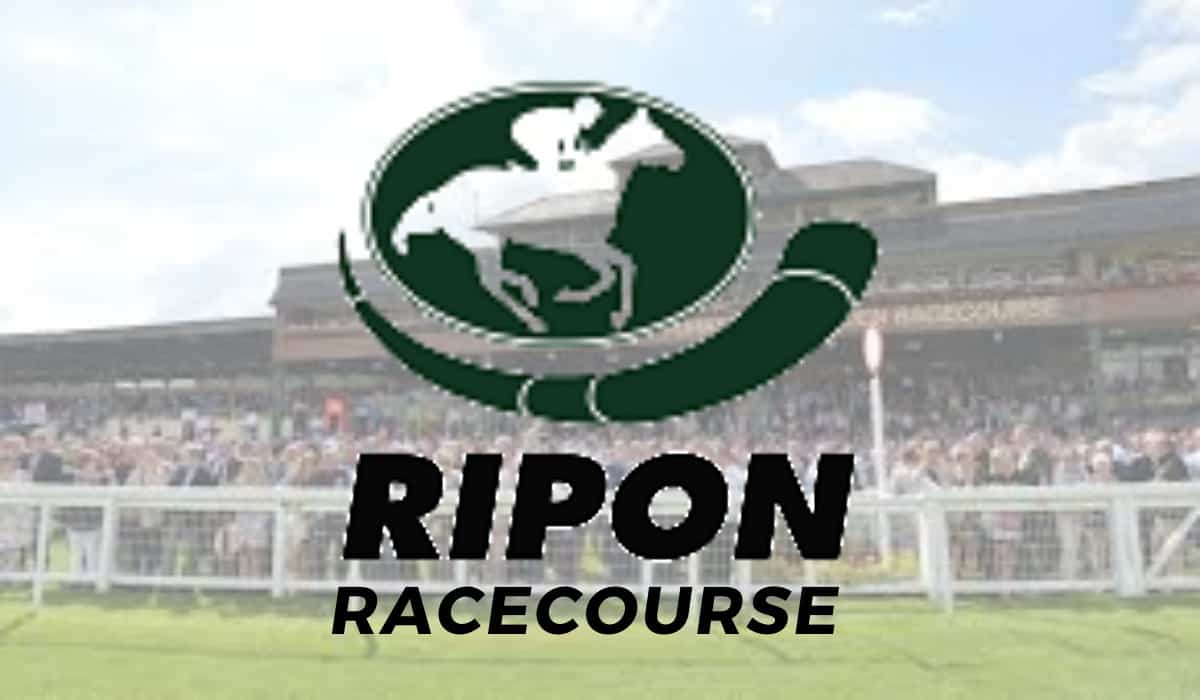
- Royal Windsor Racecourse
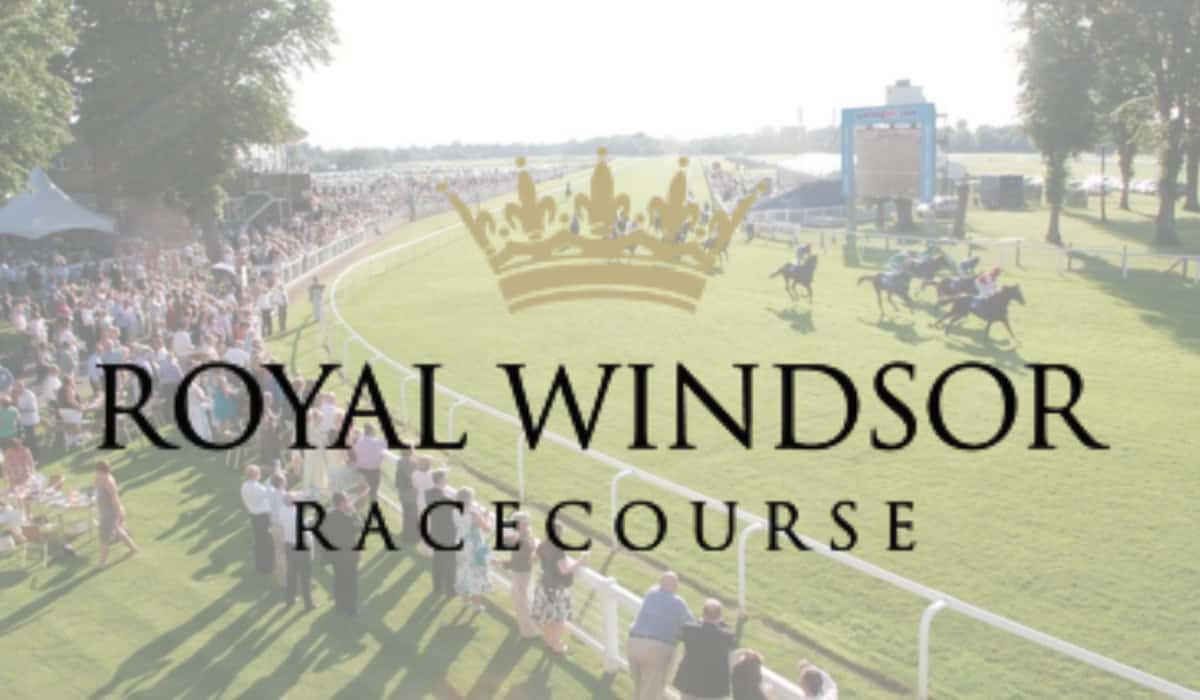
- Sedgefield Racecourse
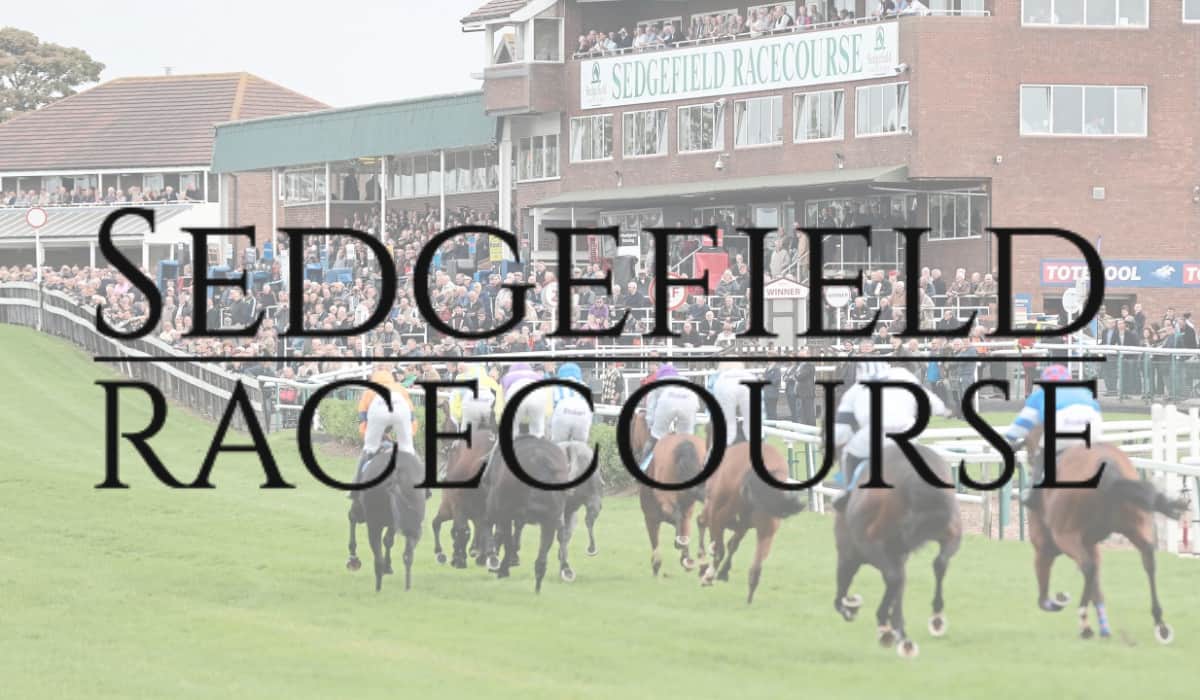
- Southwell Racecourse
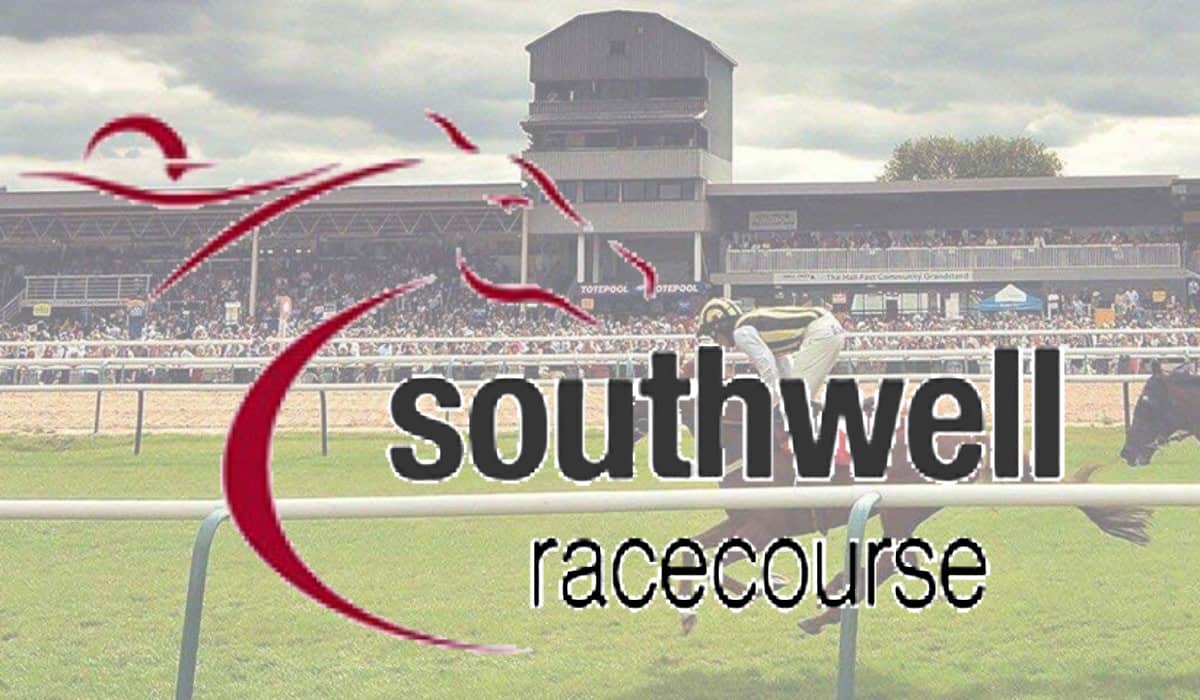
- Stratford Racecourse
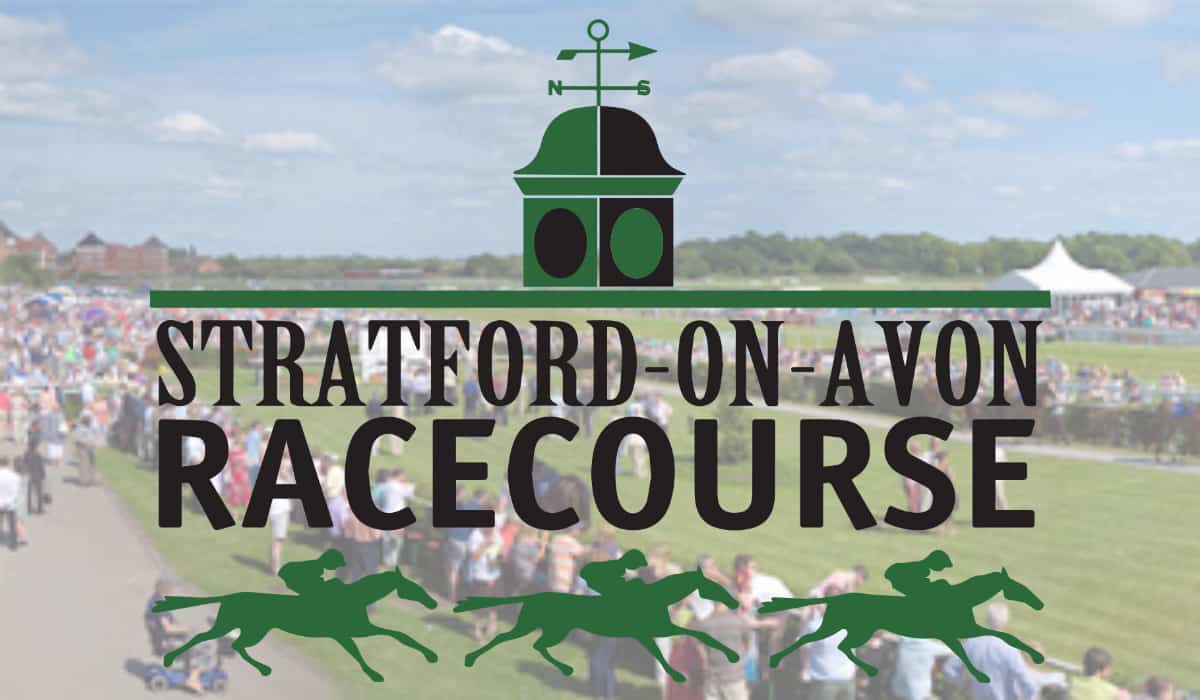
- Thirsk Racecourse
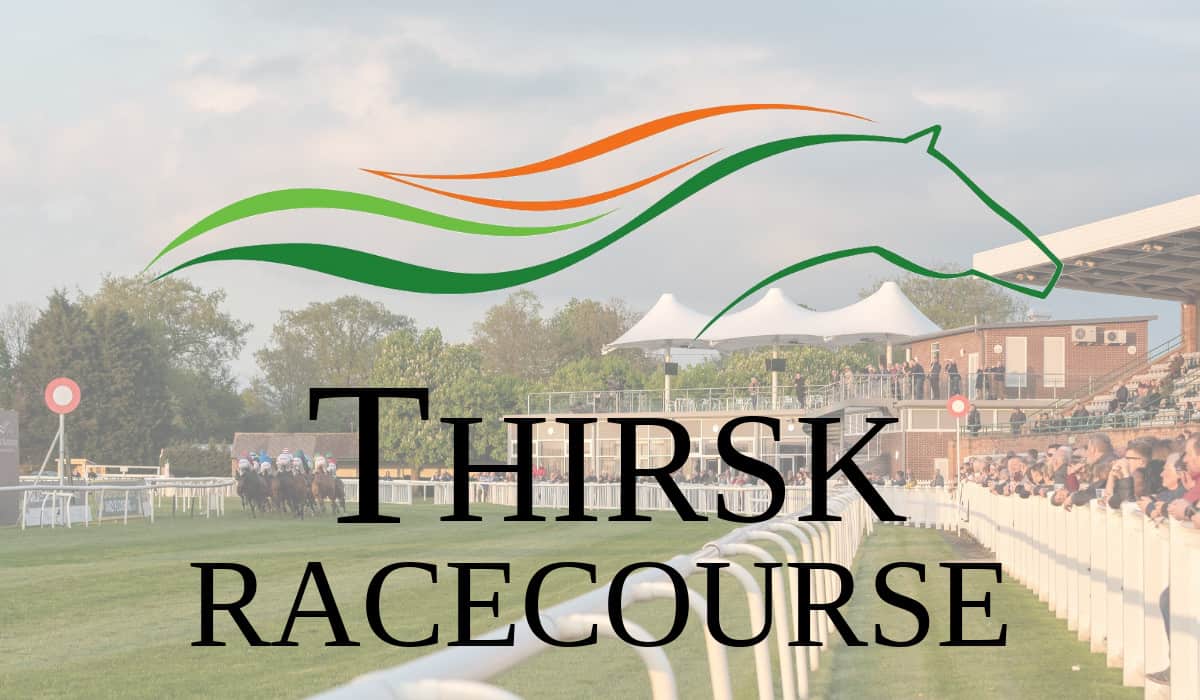
- Uttoxeter Racecourse
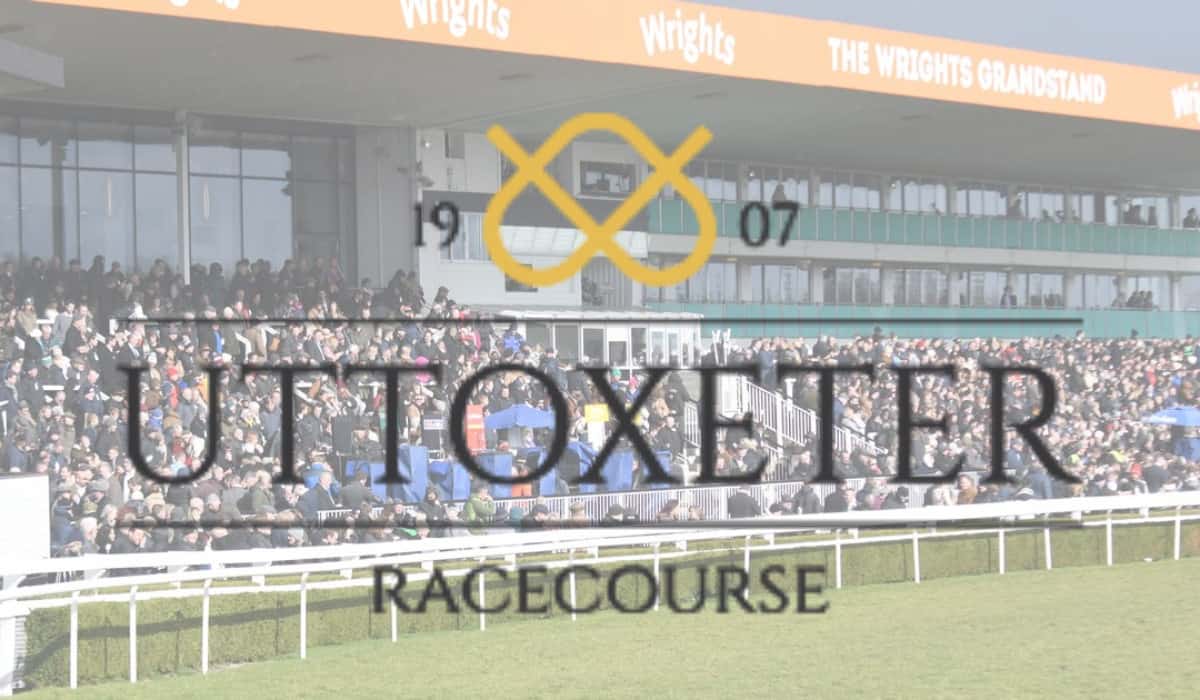
- Warwick Racecourse
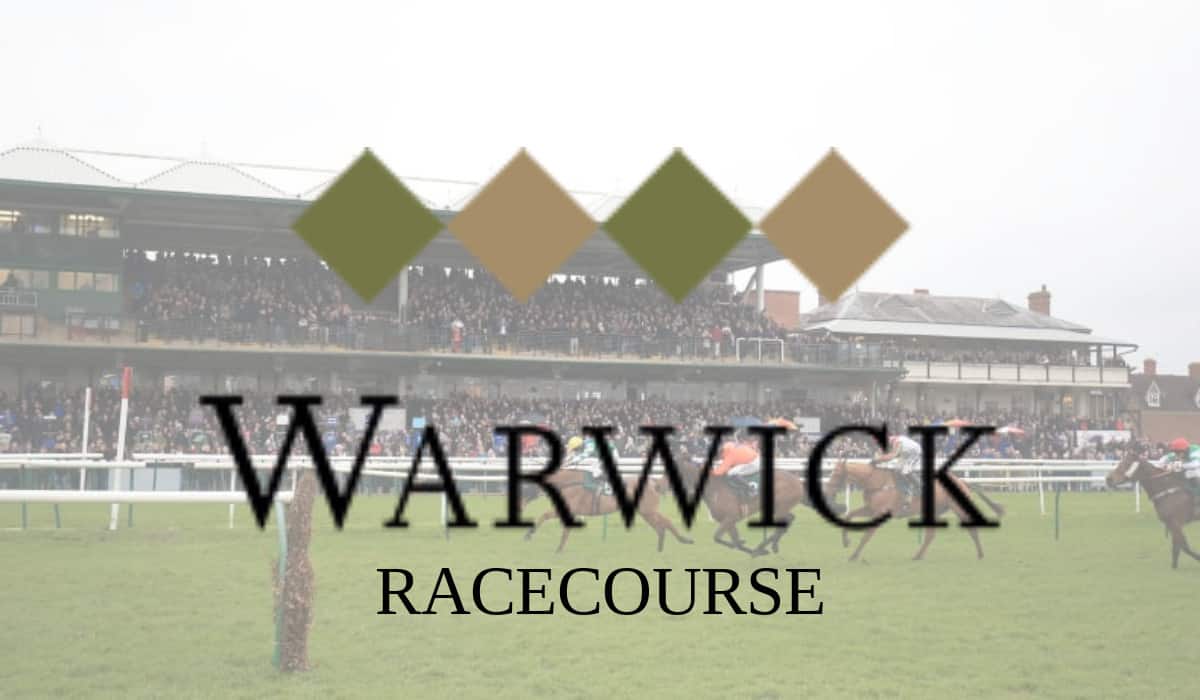
- Wetherby Racecourse
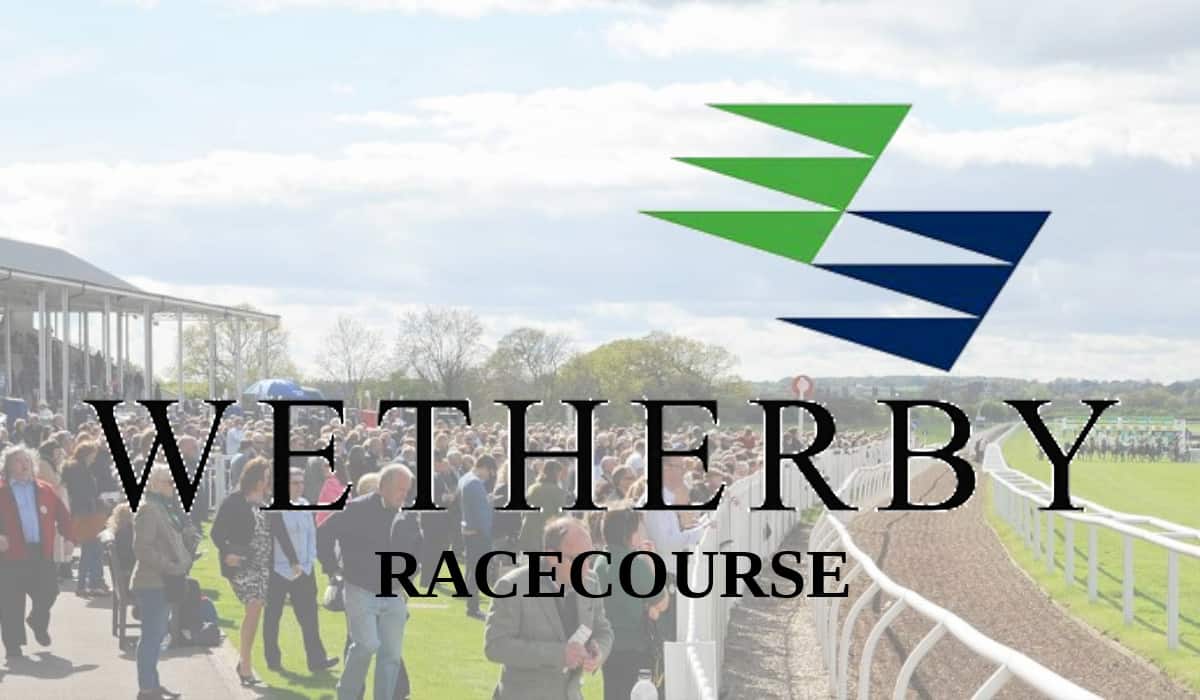
- Wolverhampton Racecourse
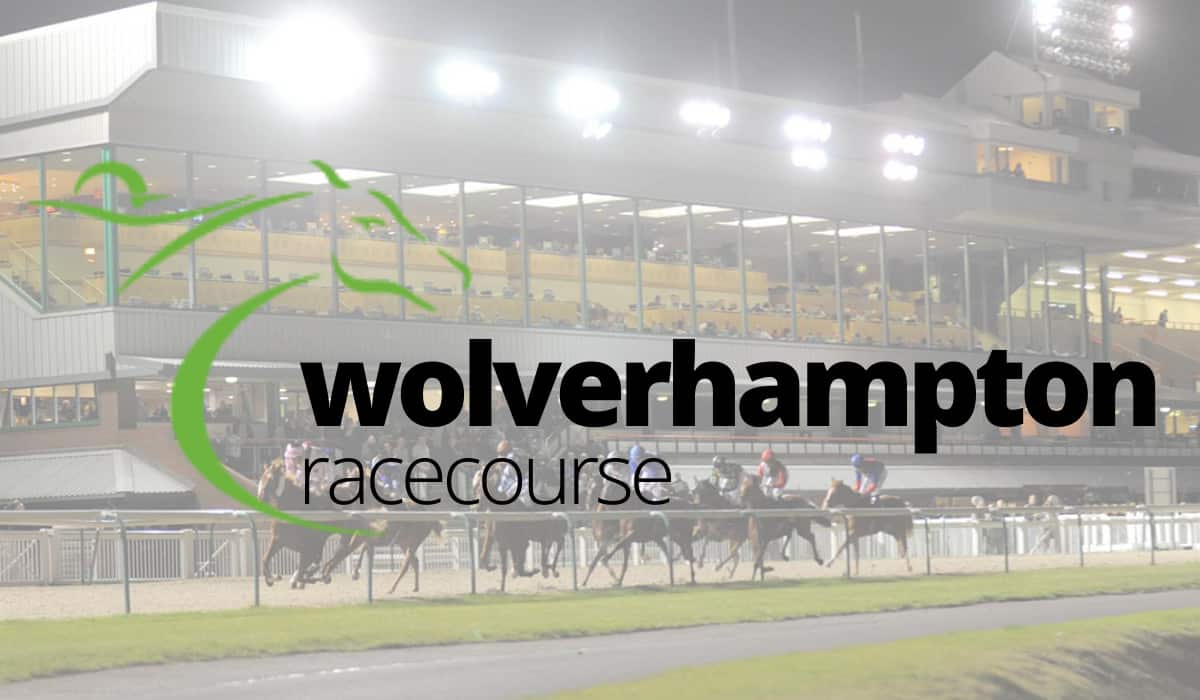
- Worcester Racecourse Guide
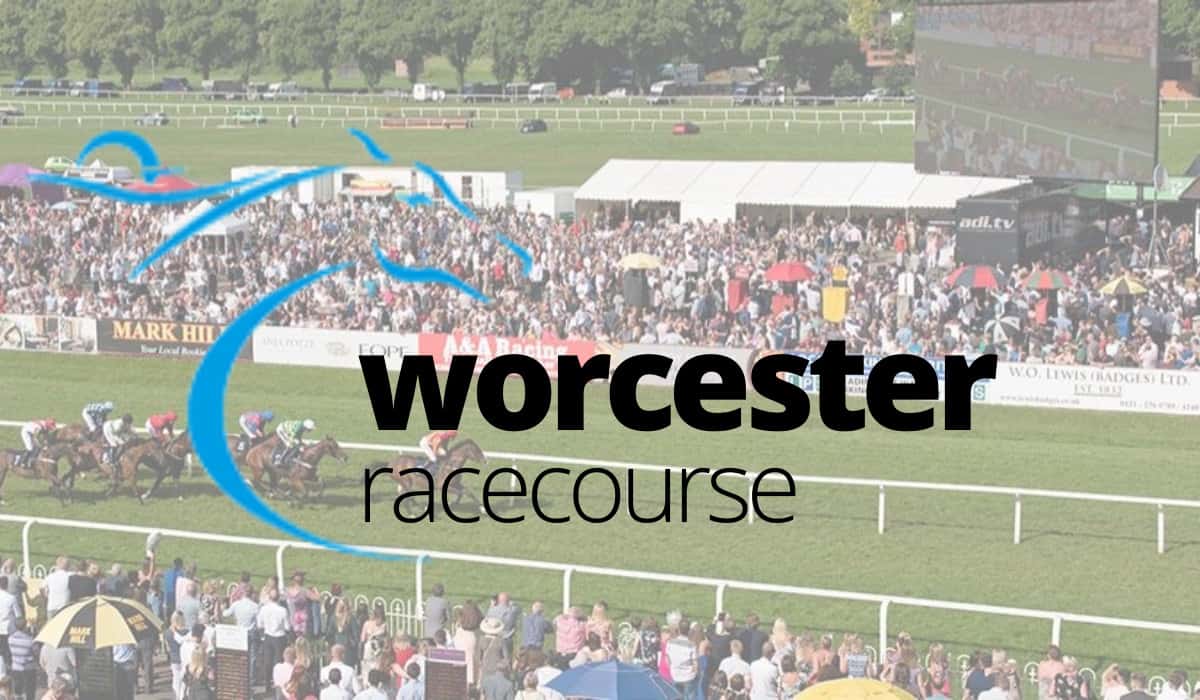
- York Racecourse
